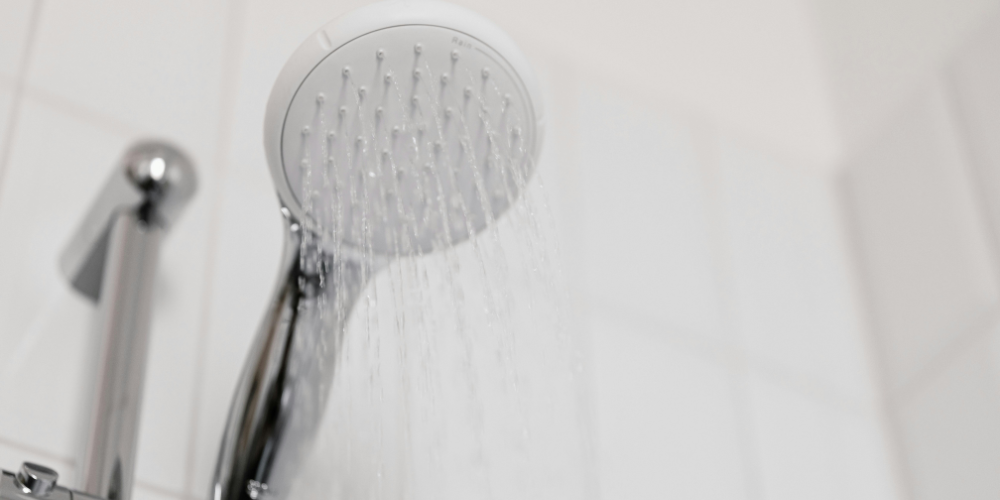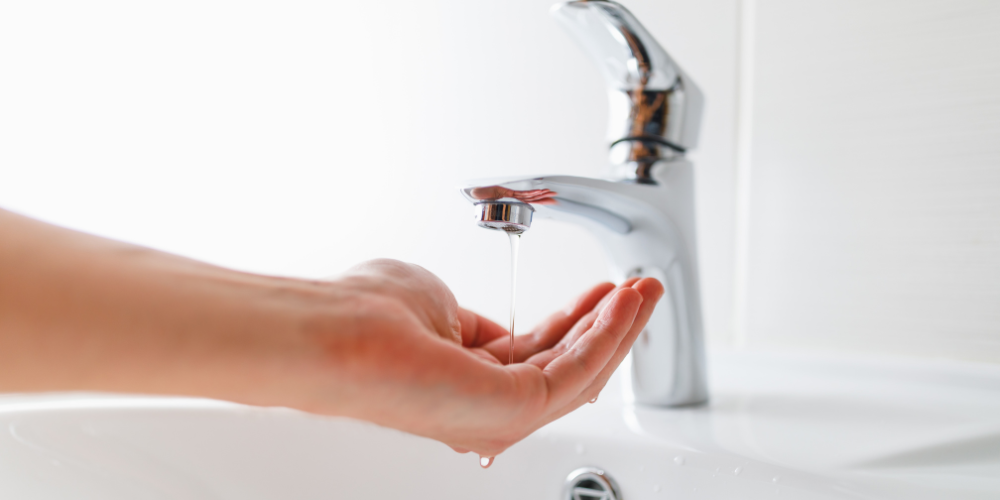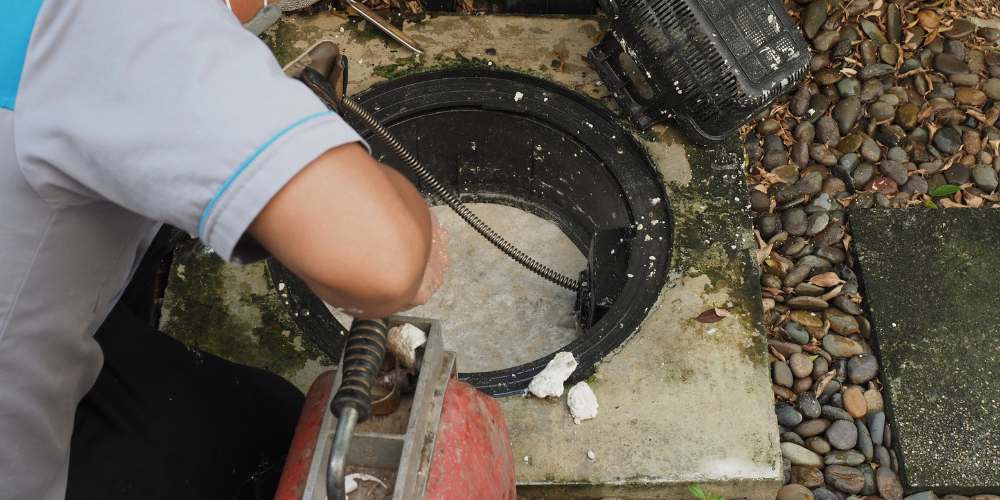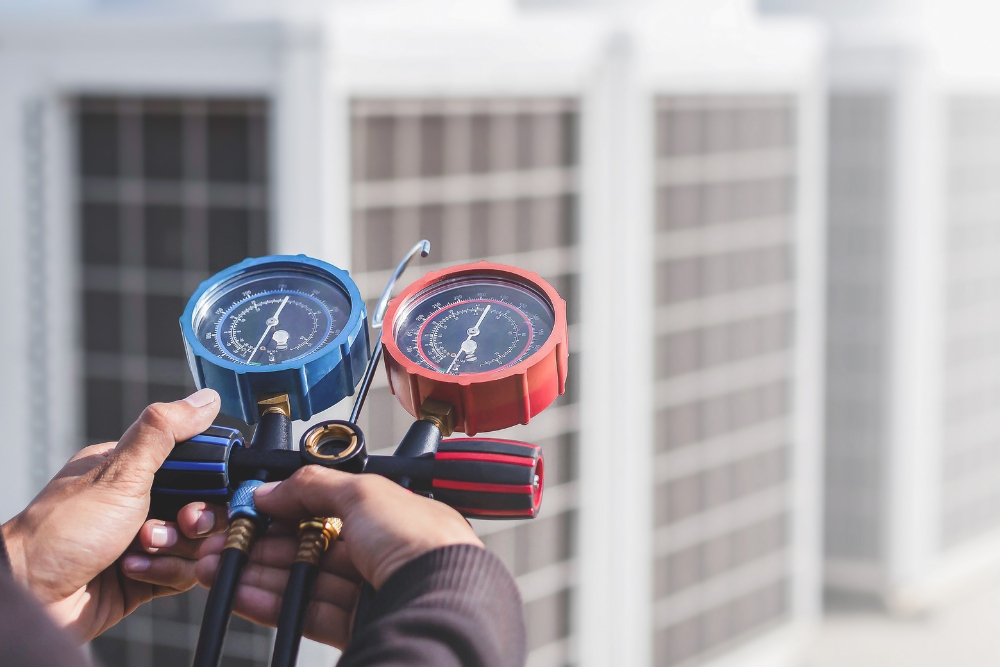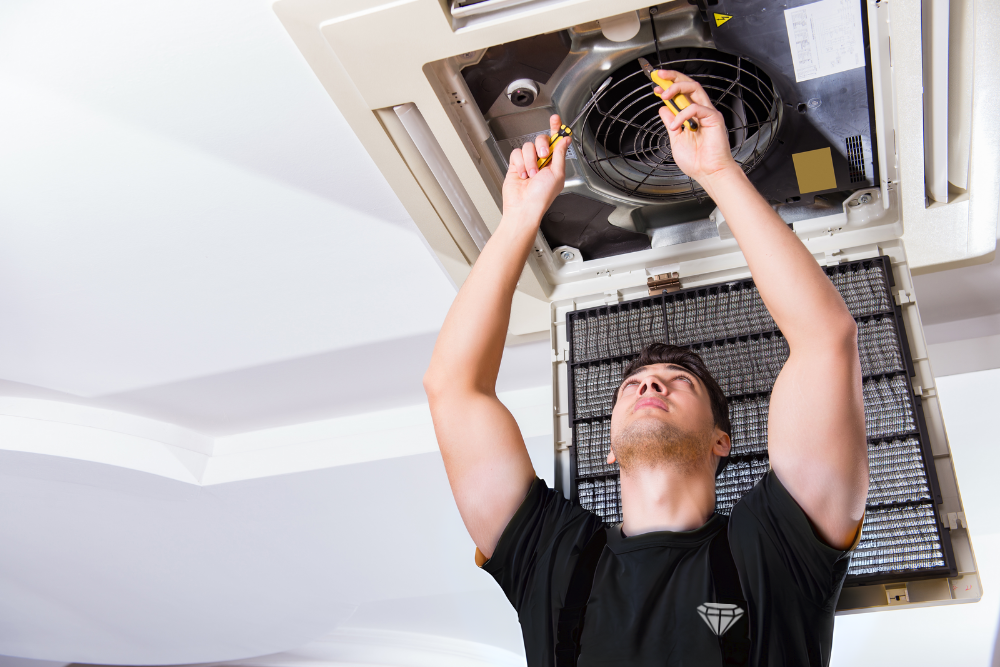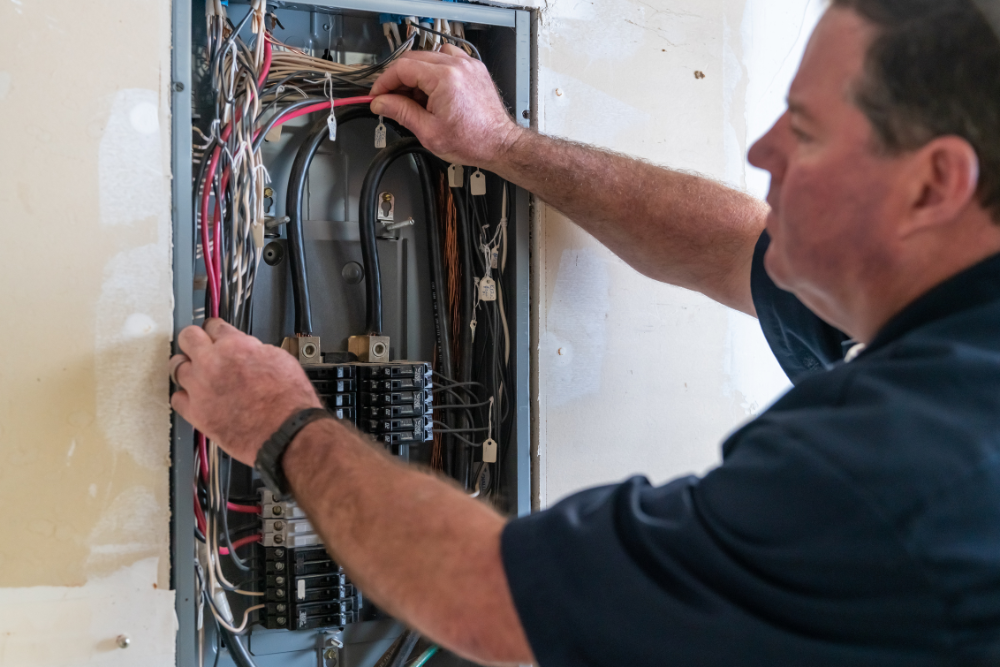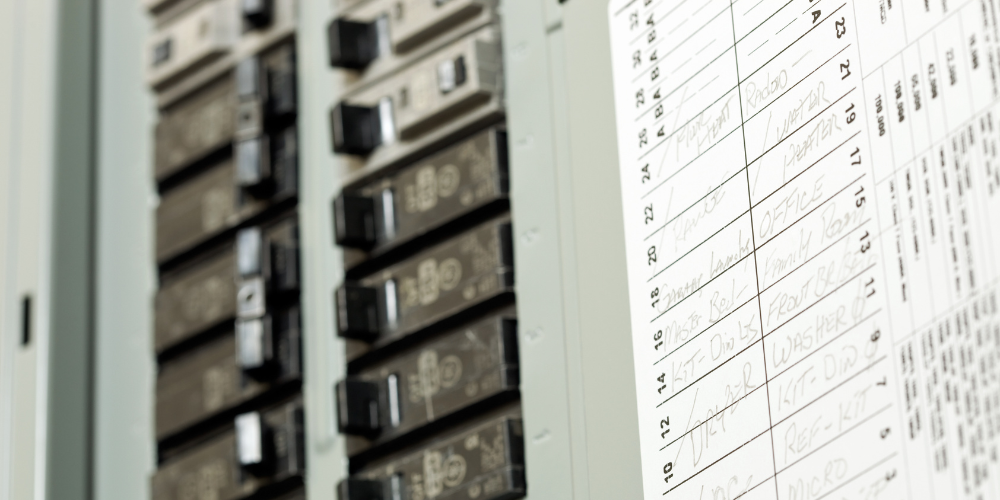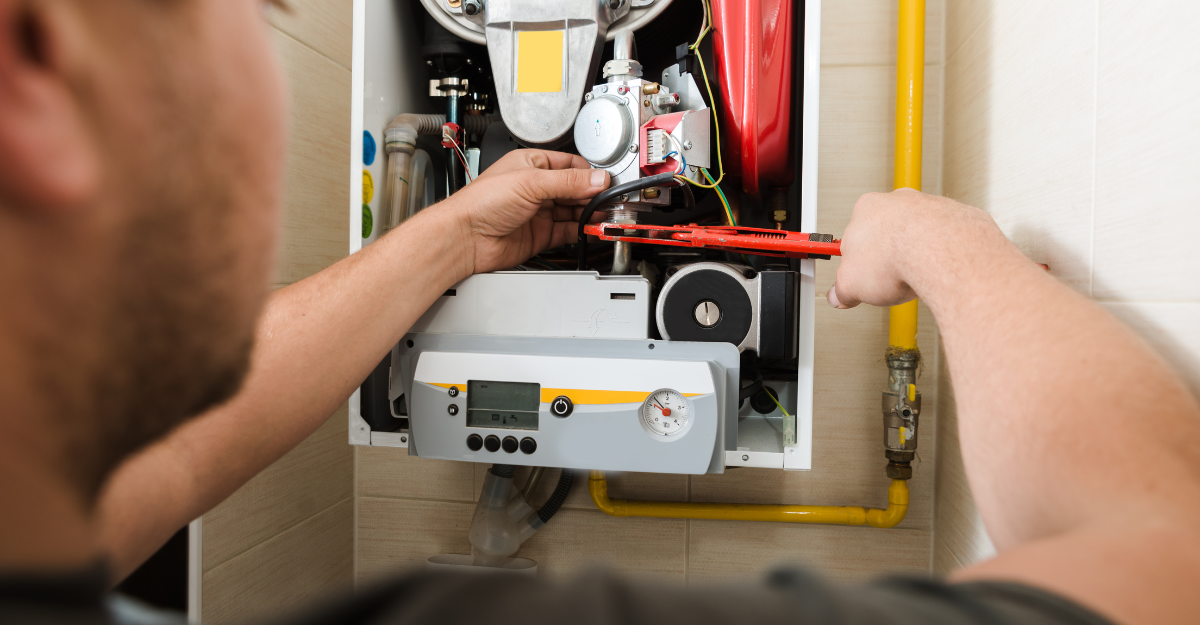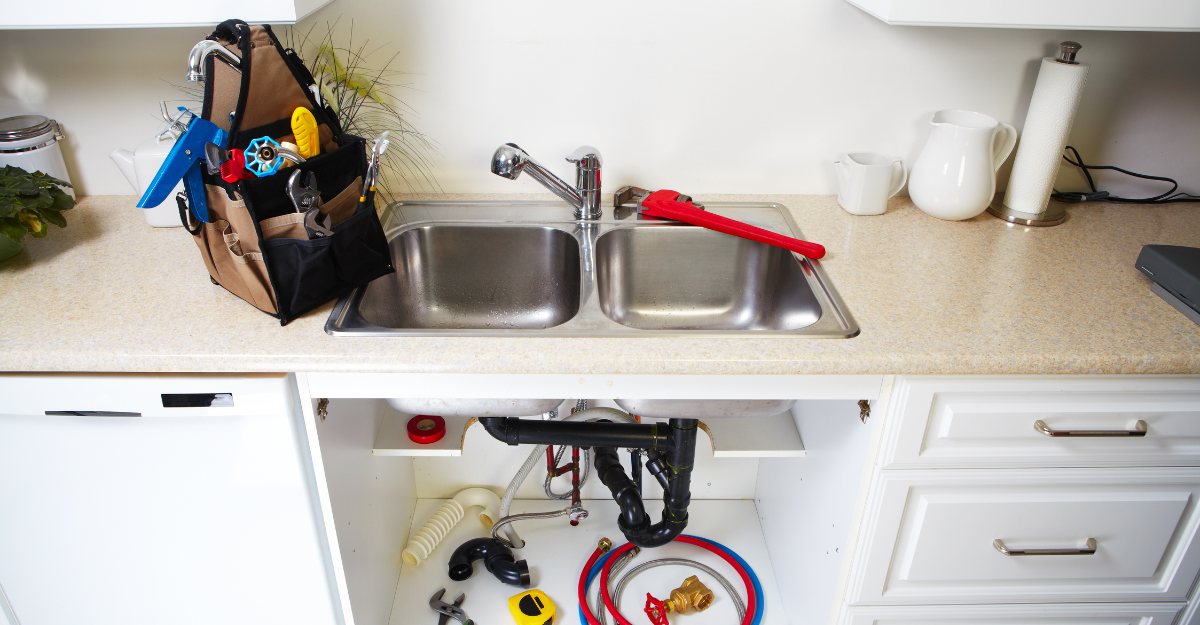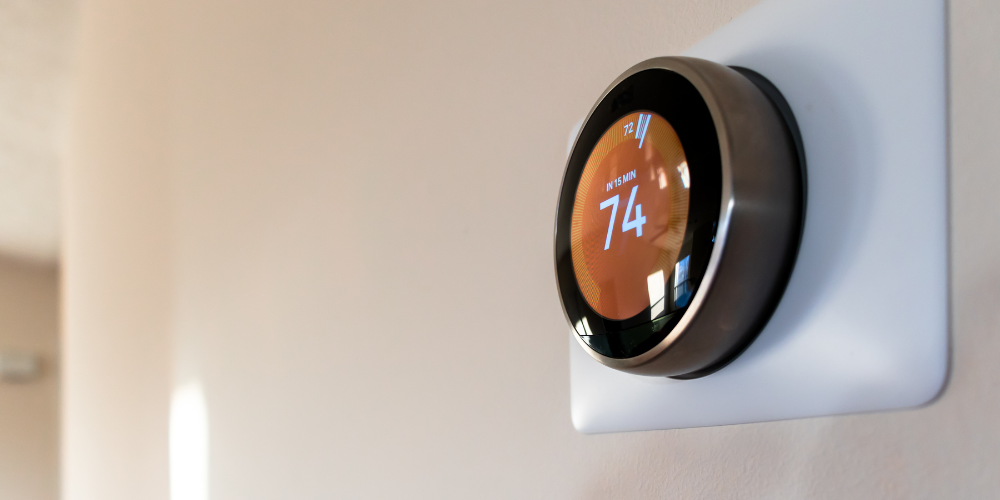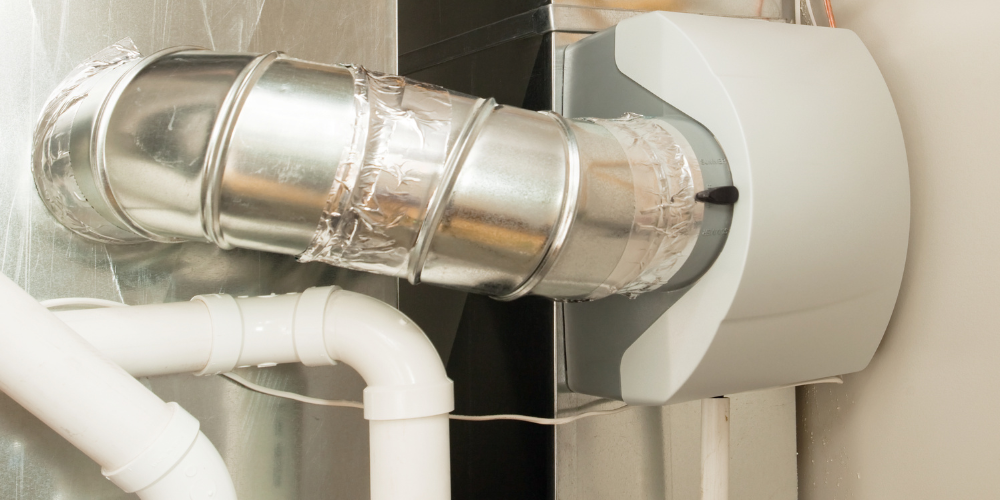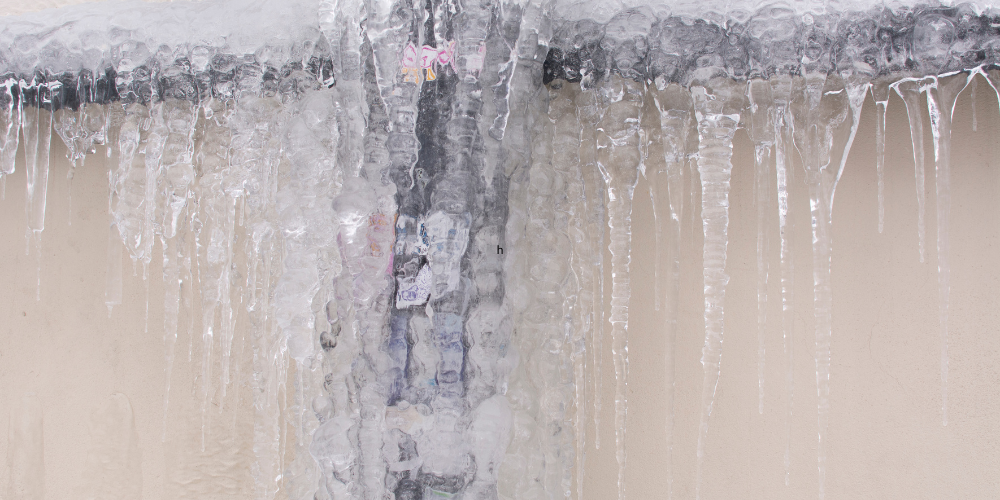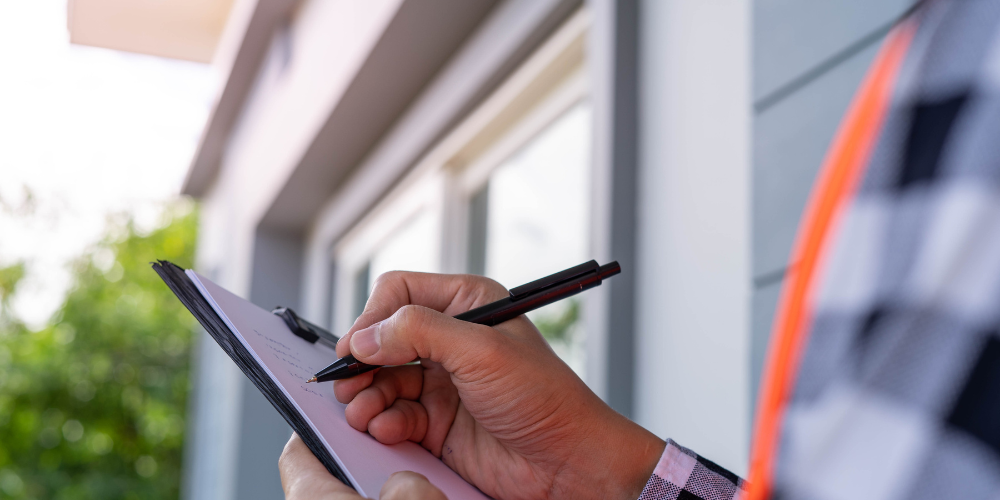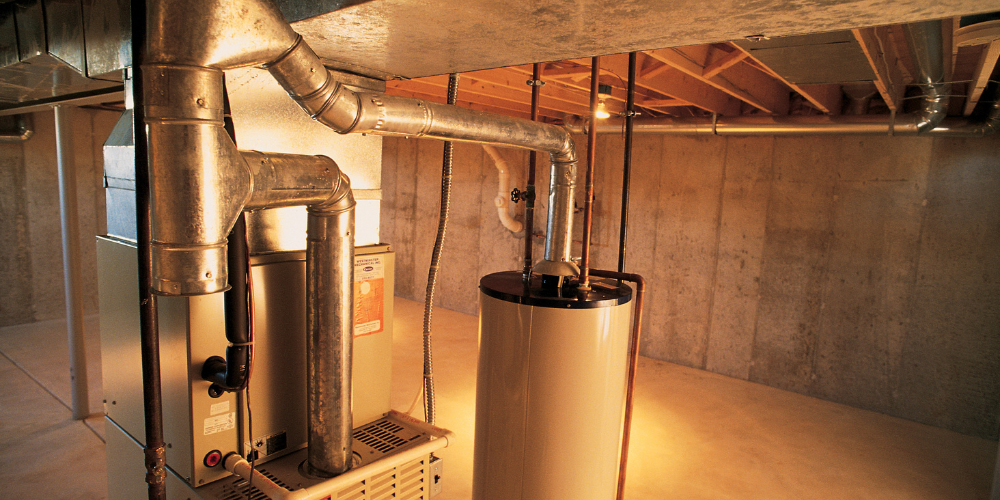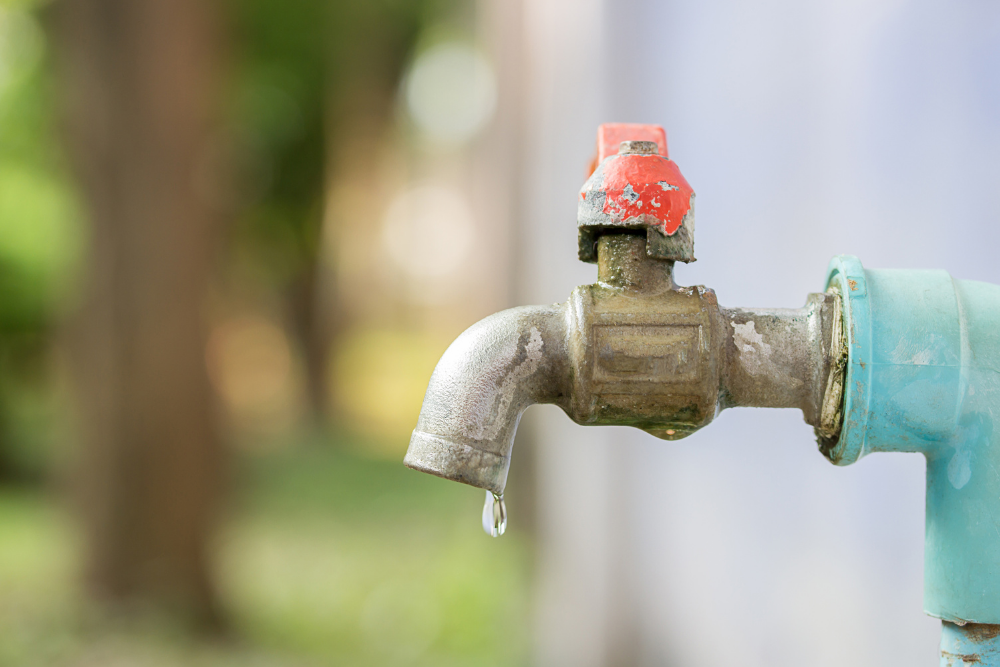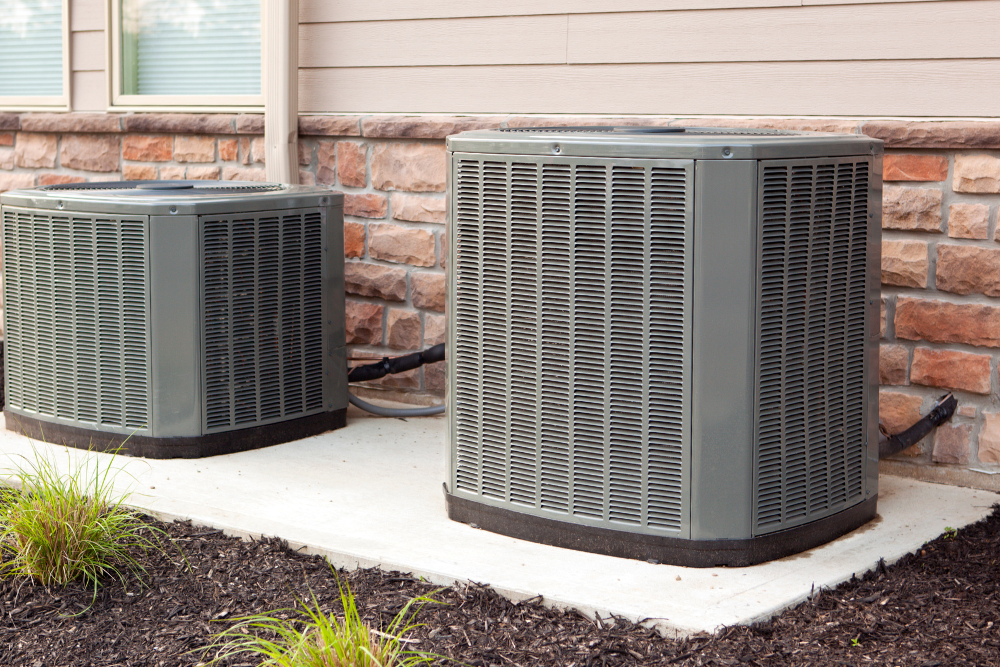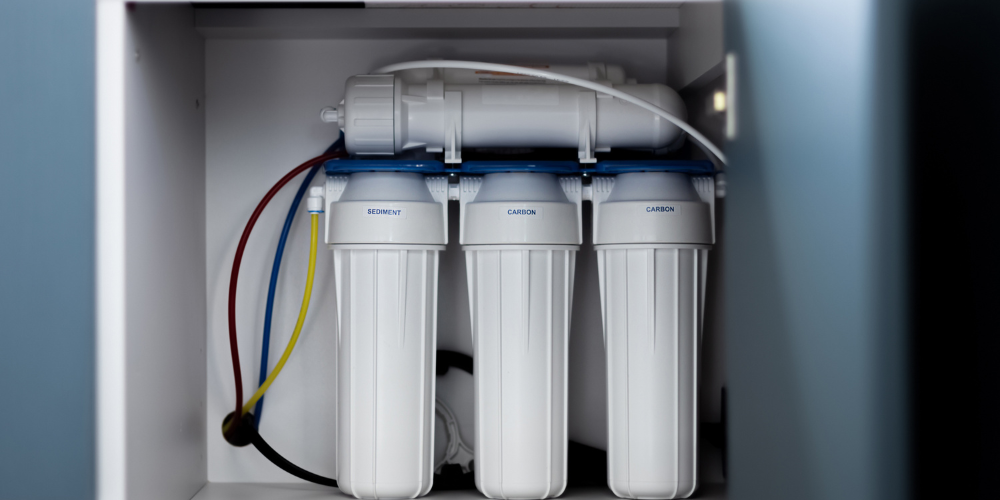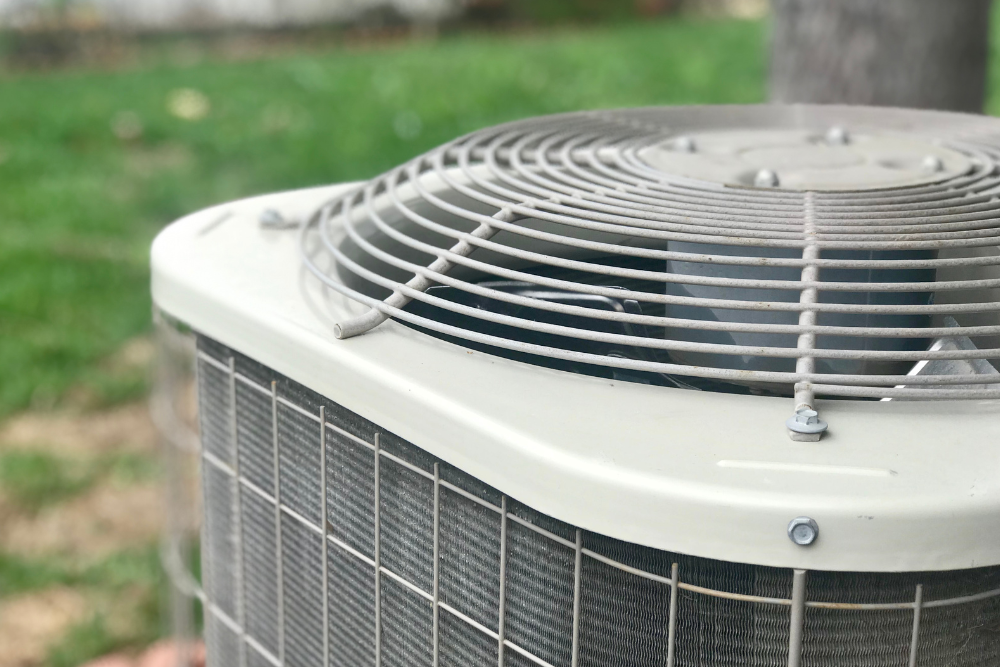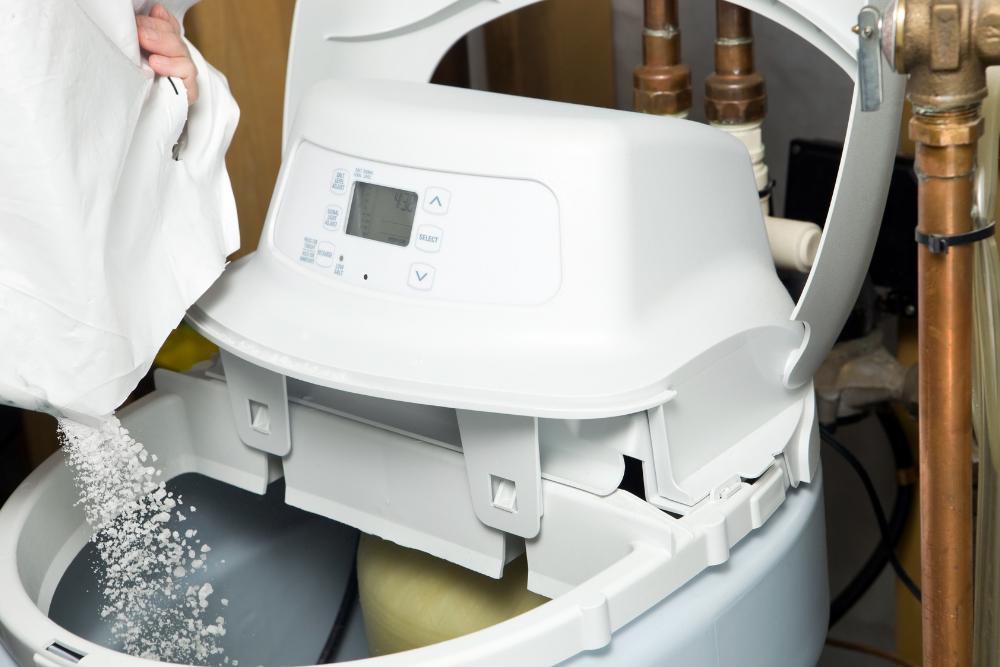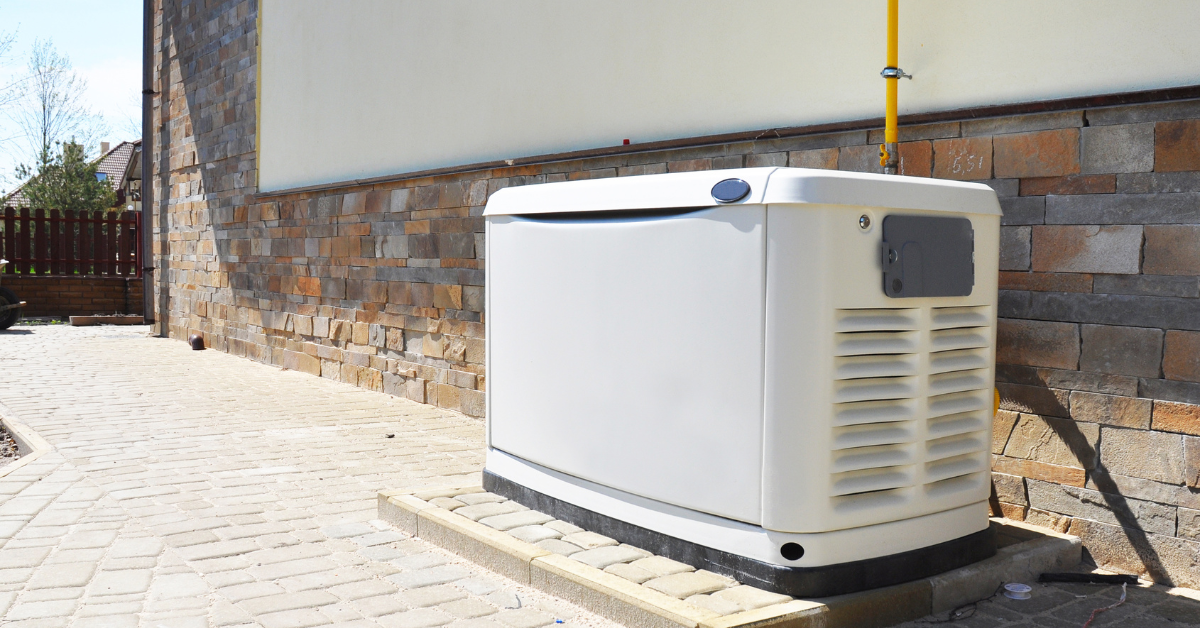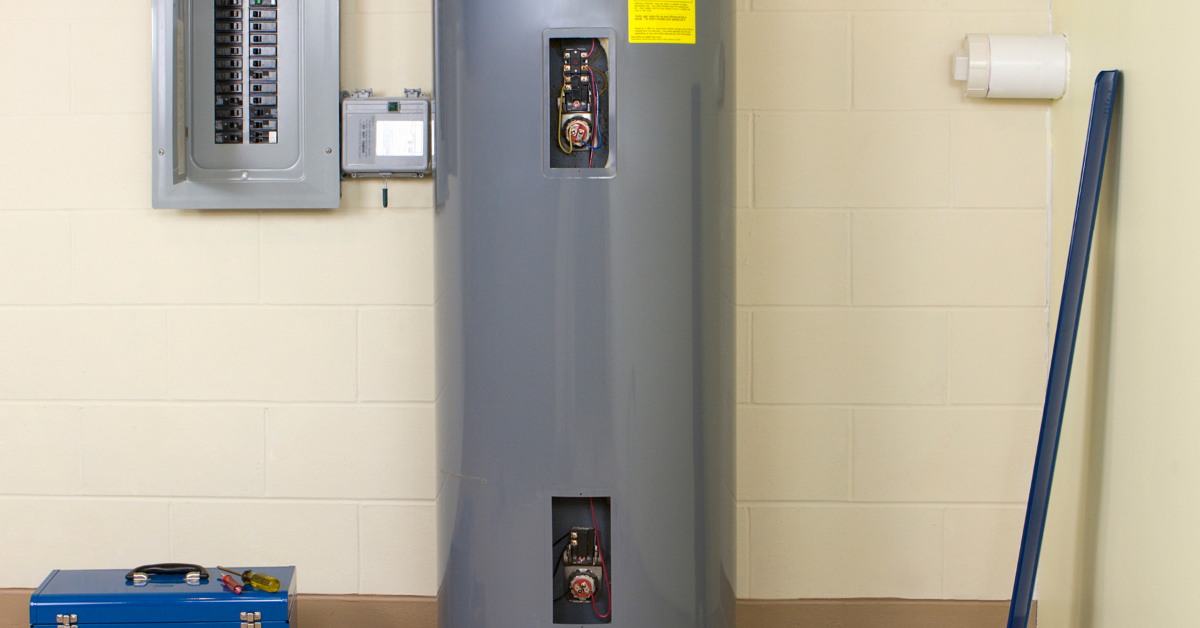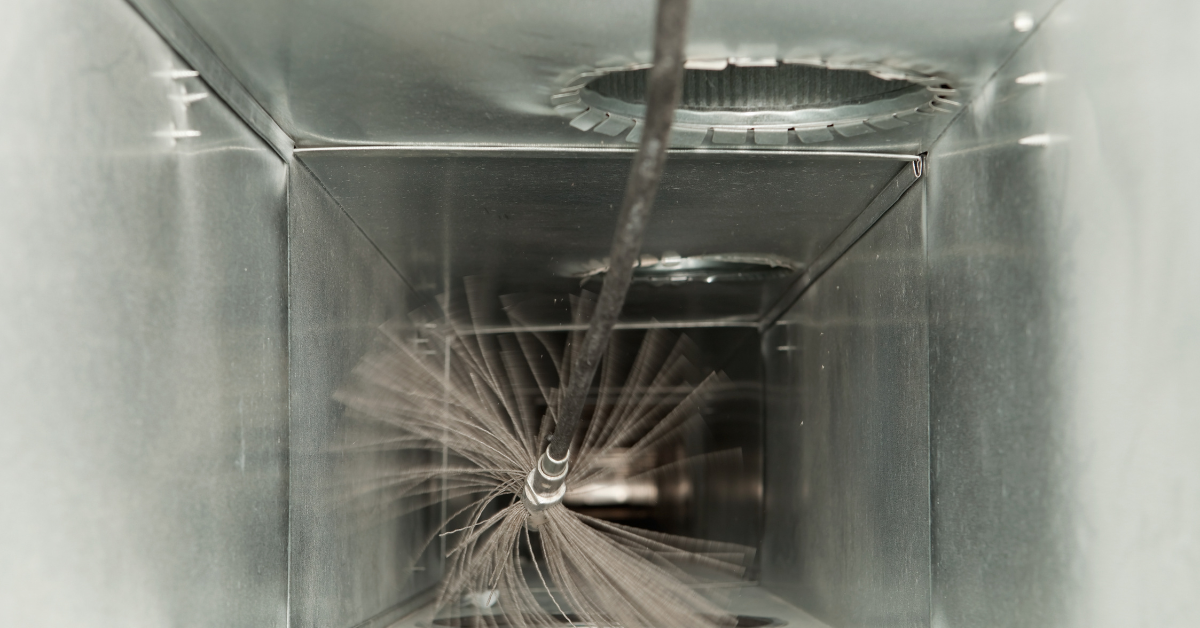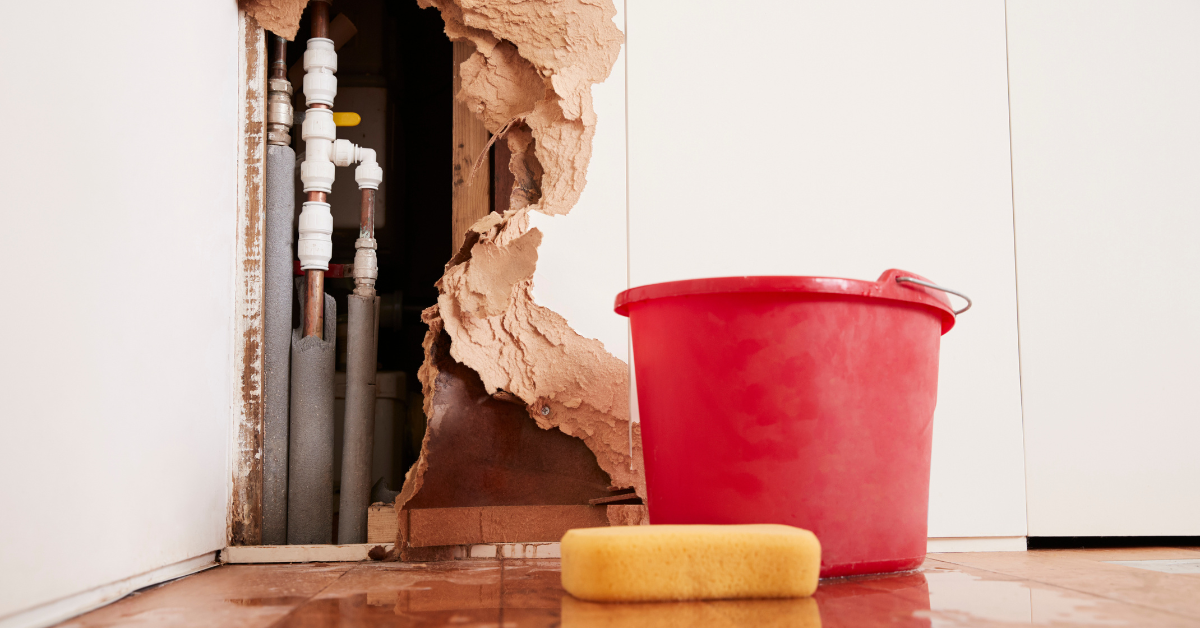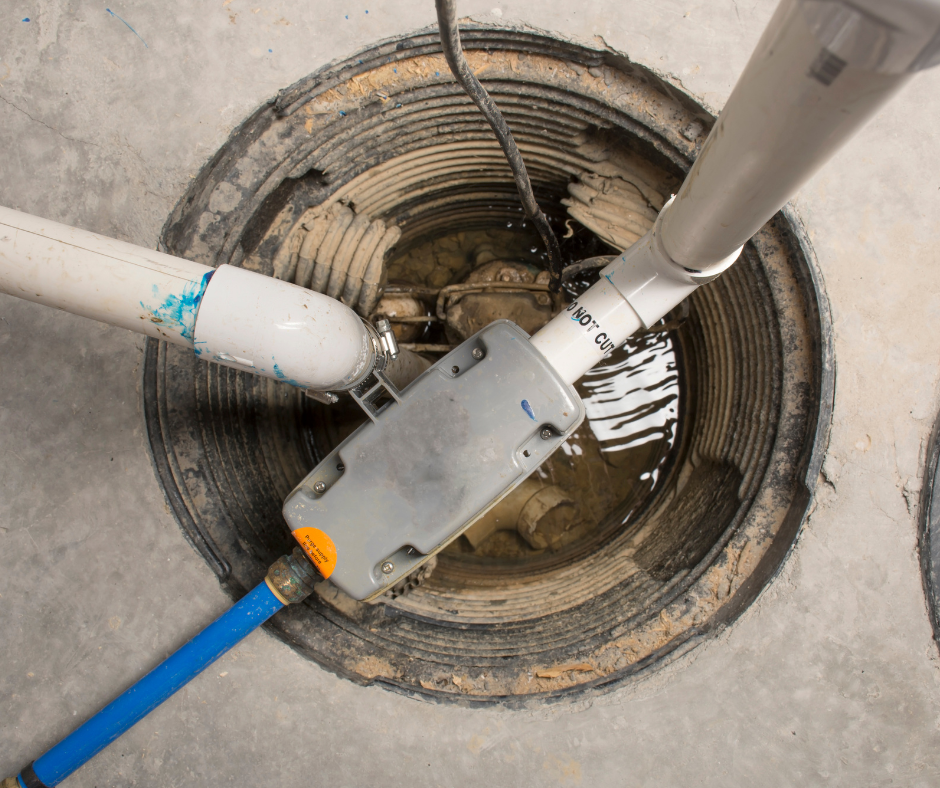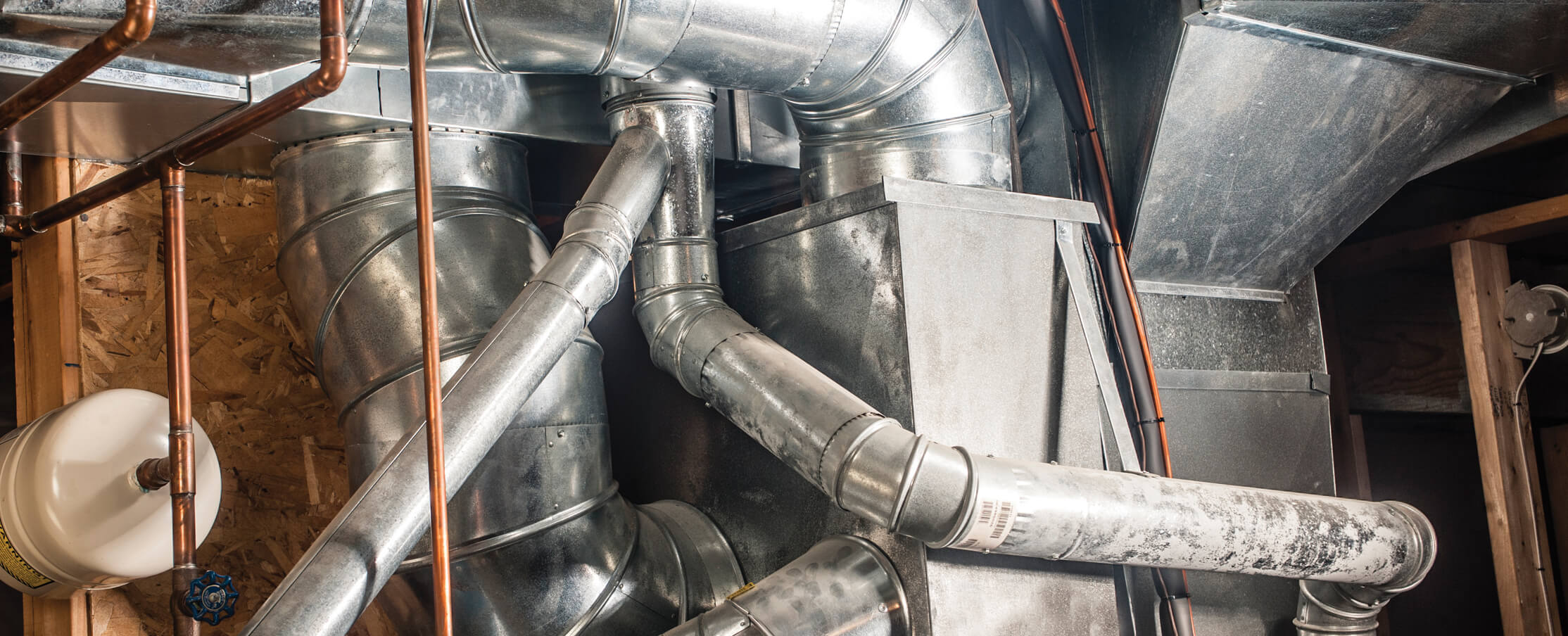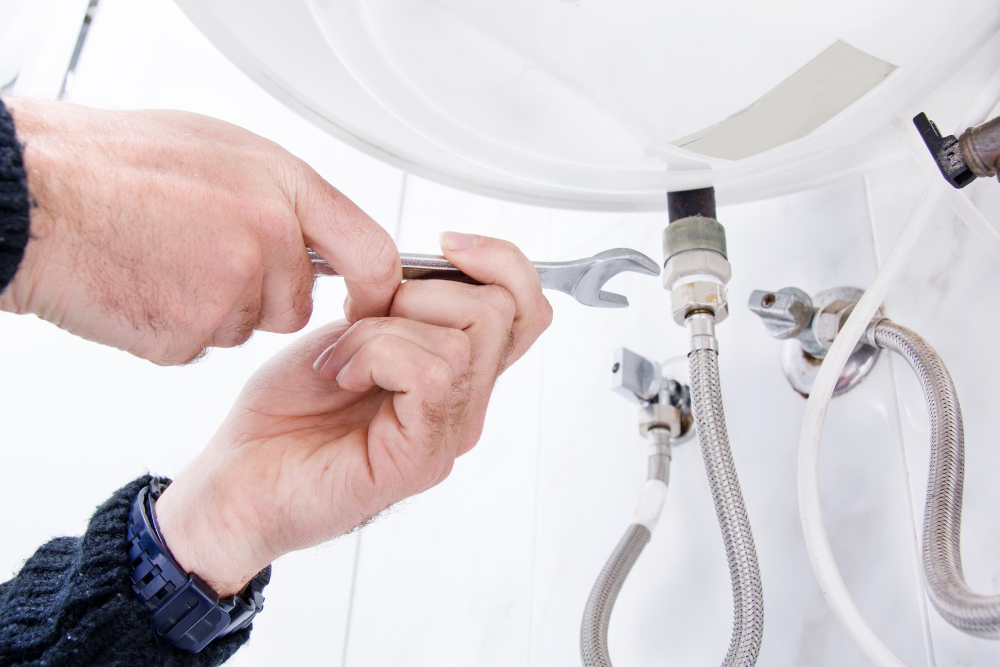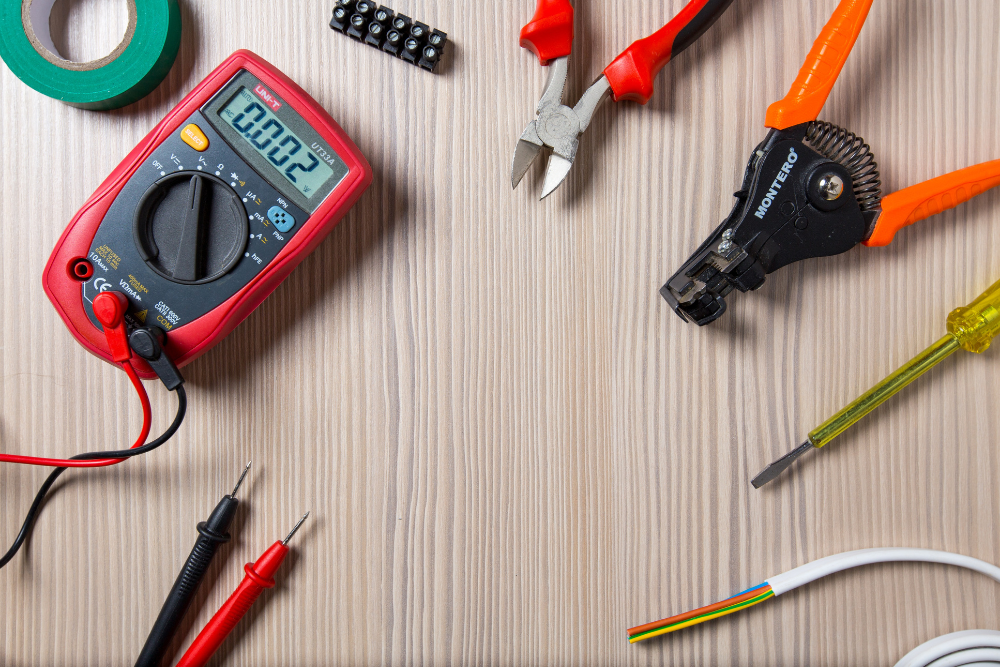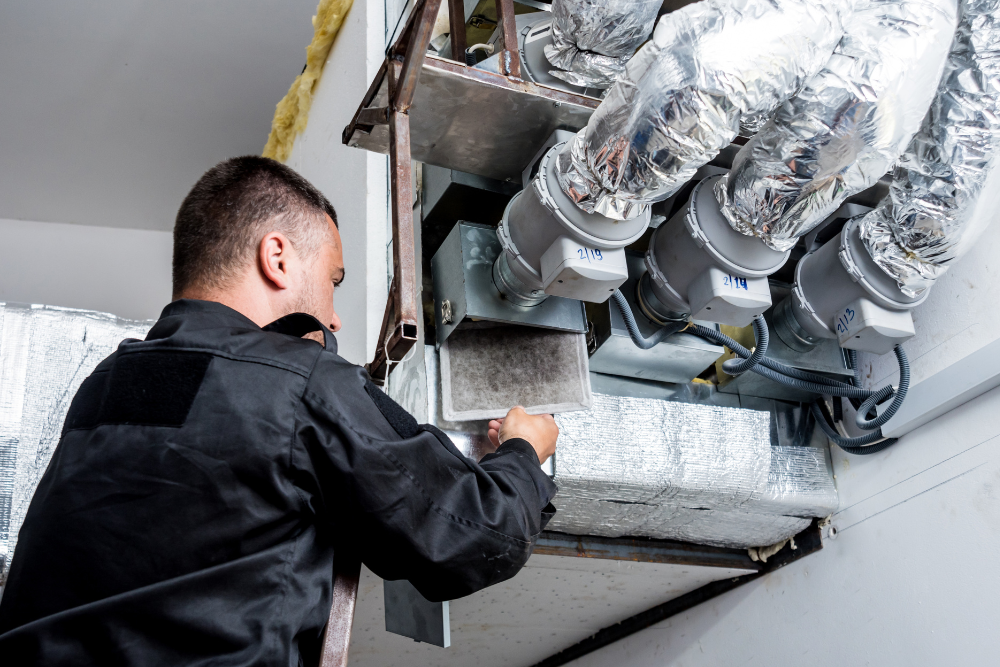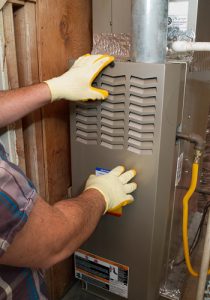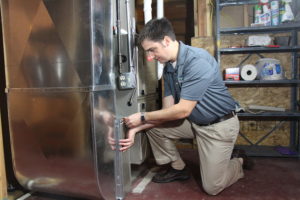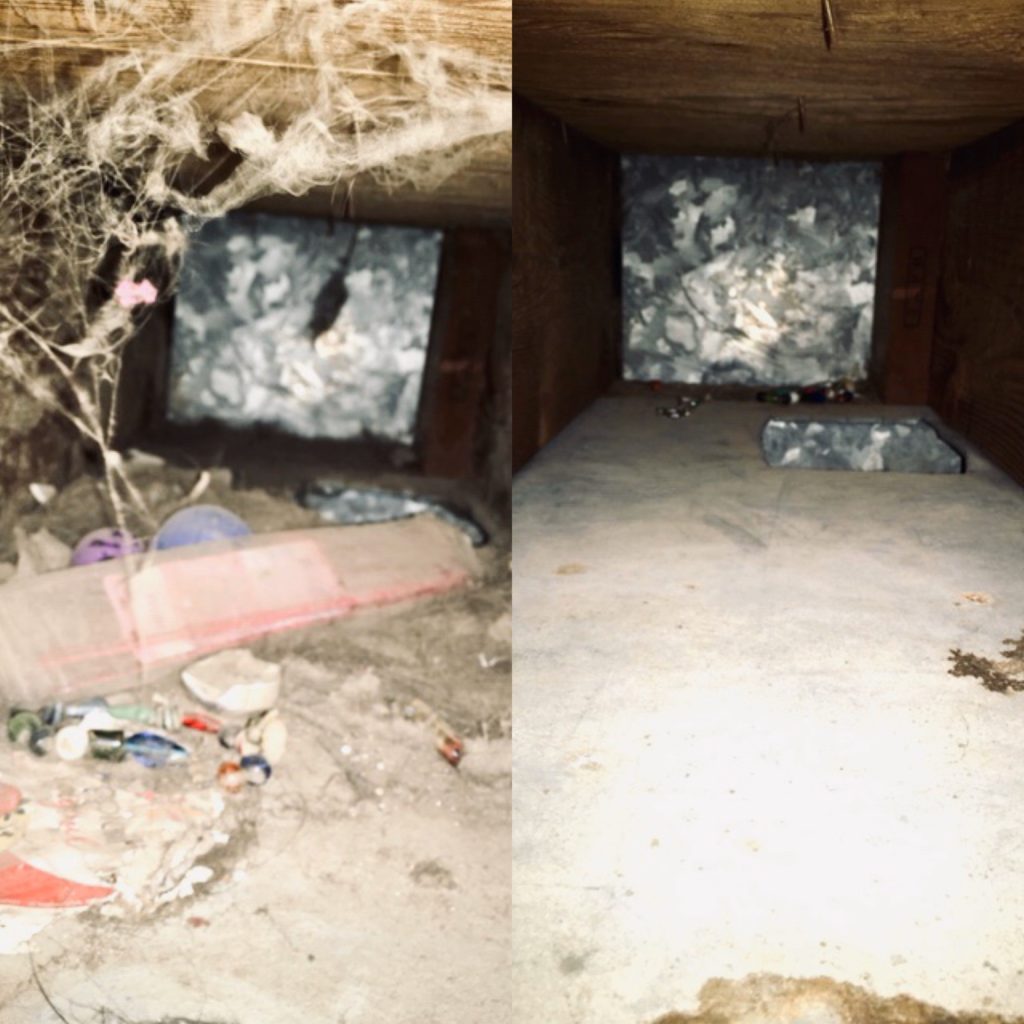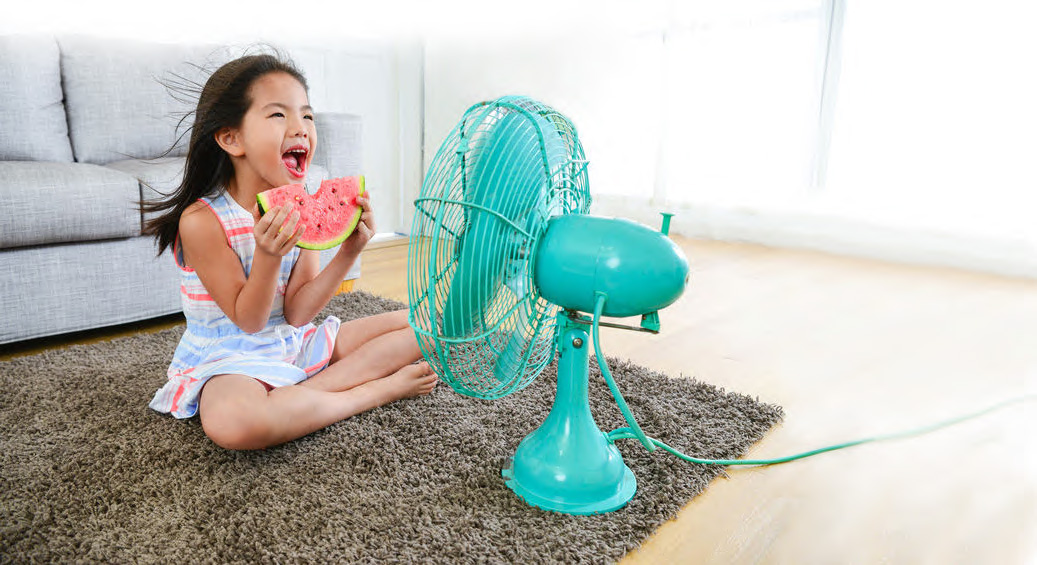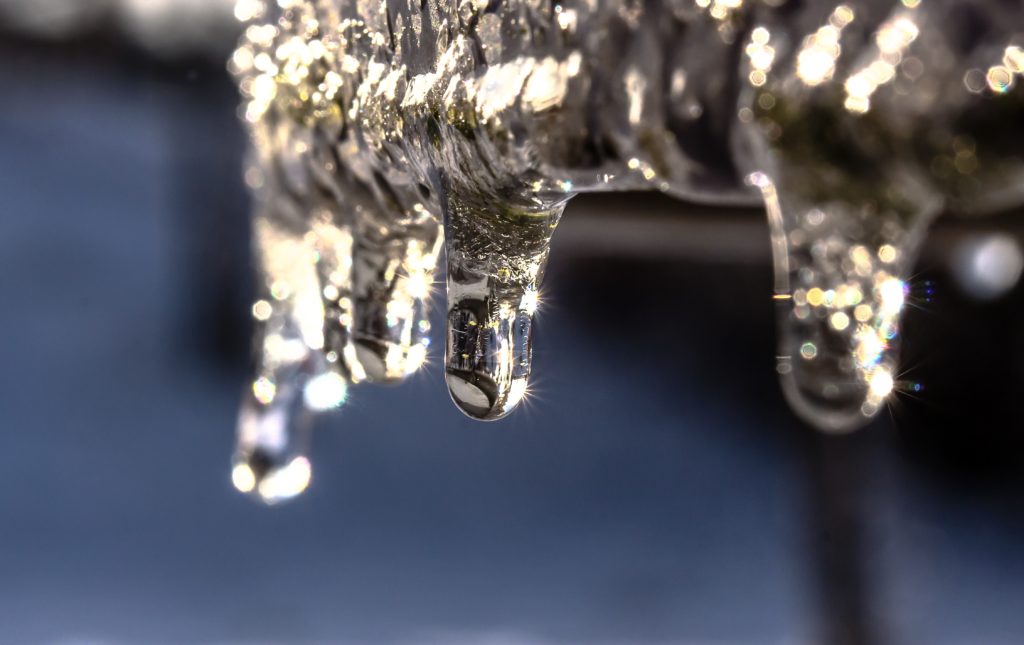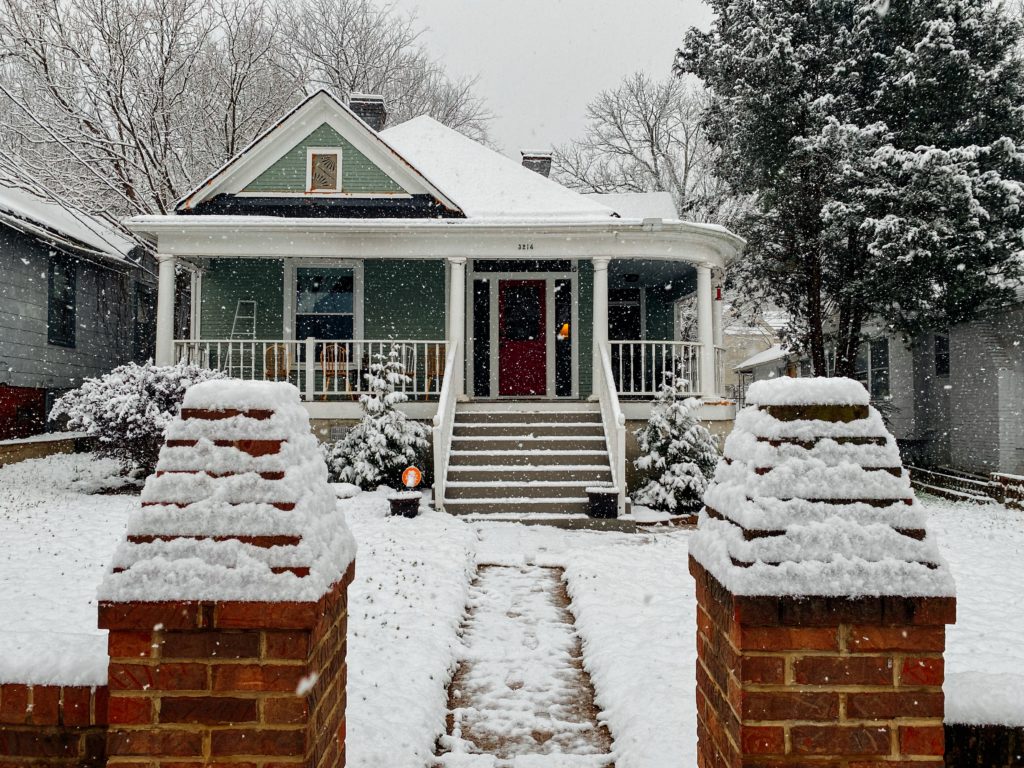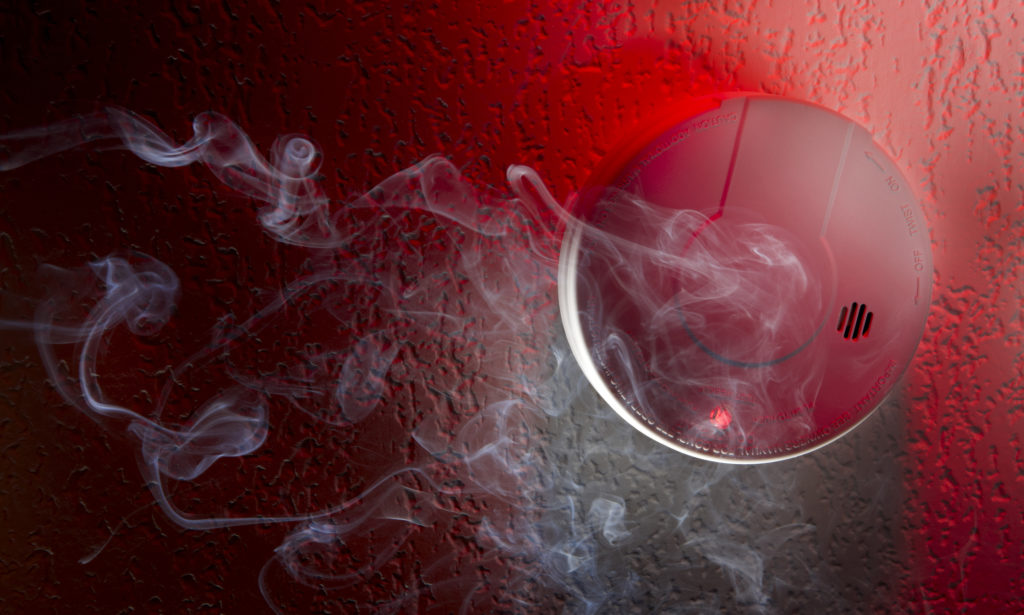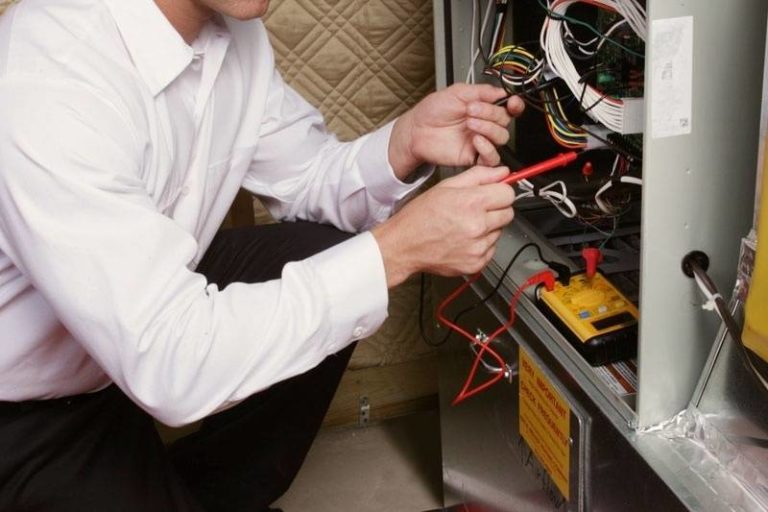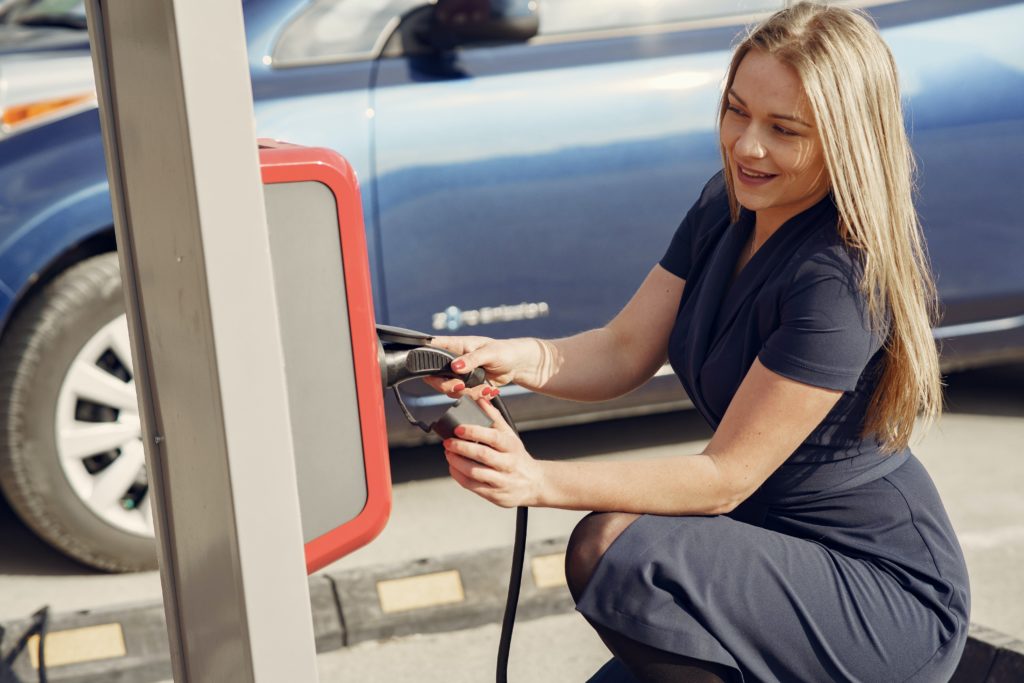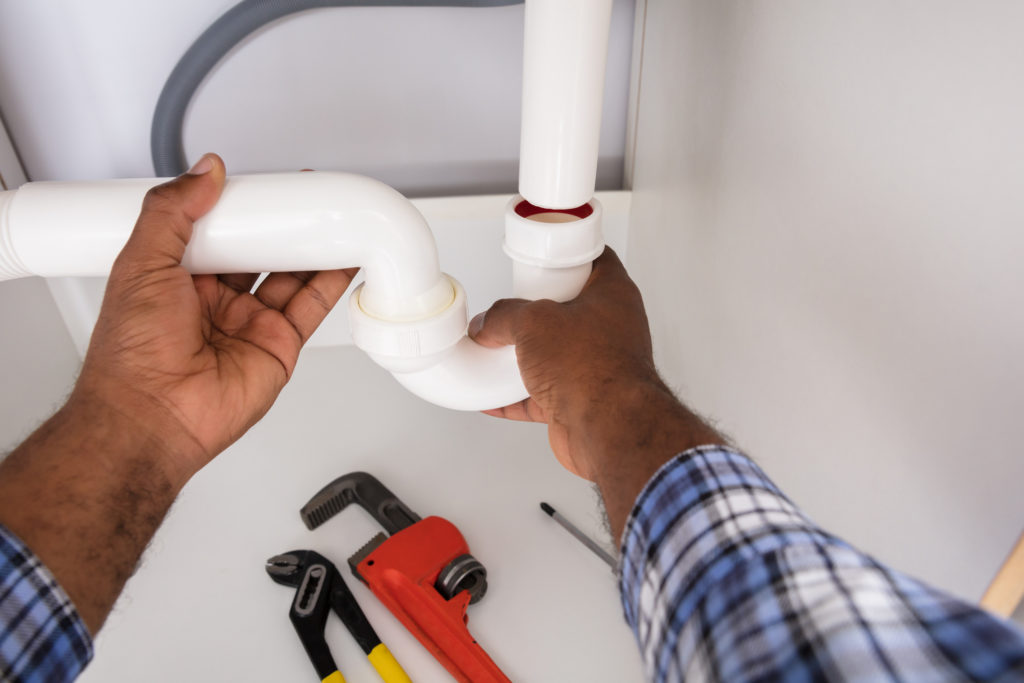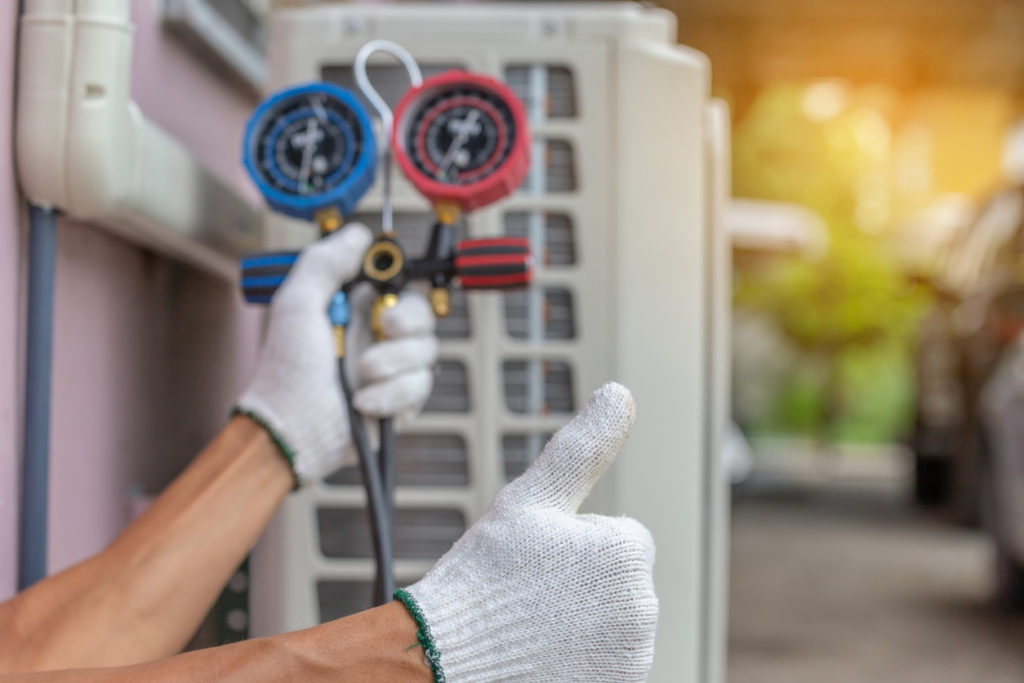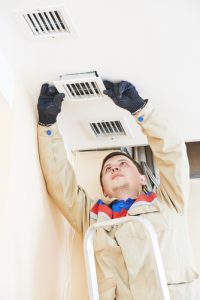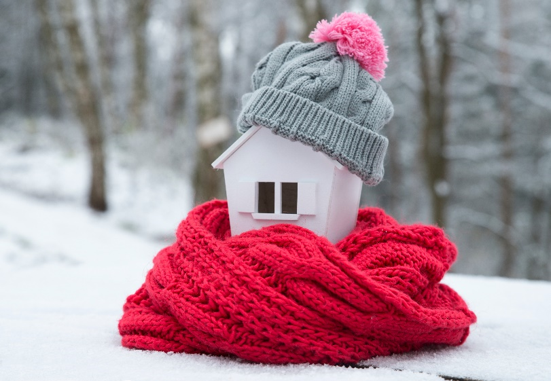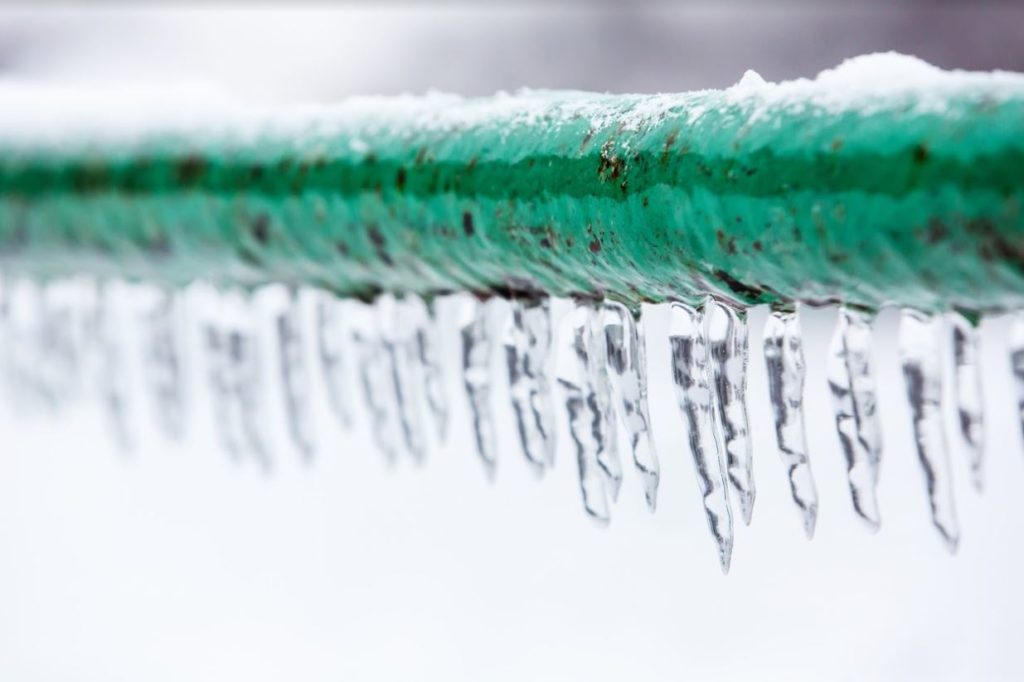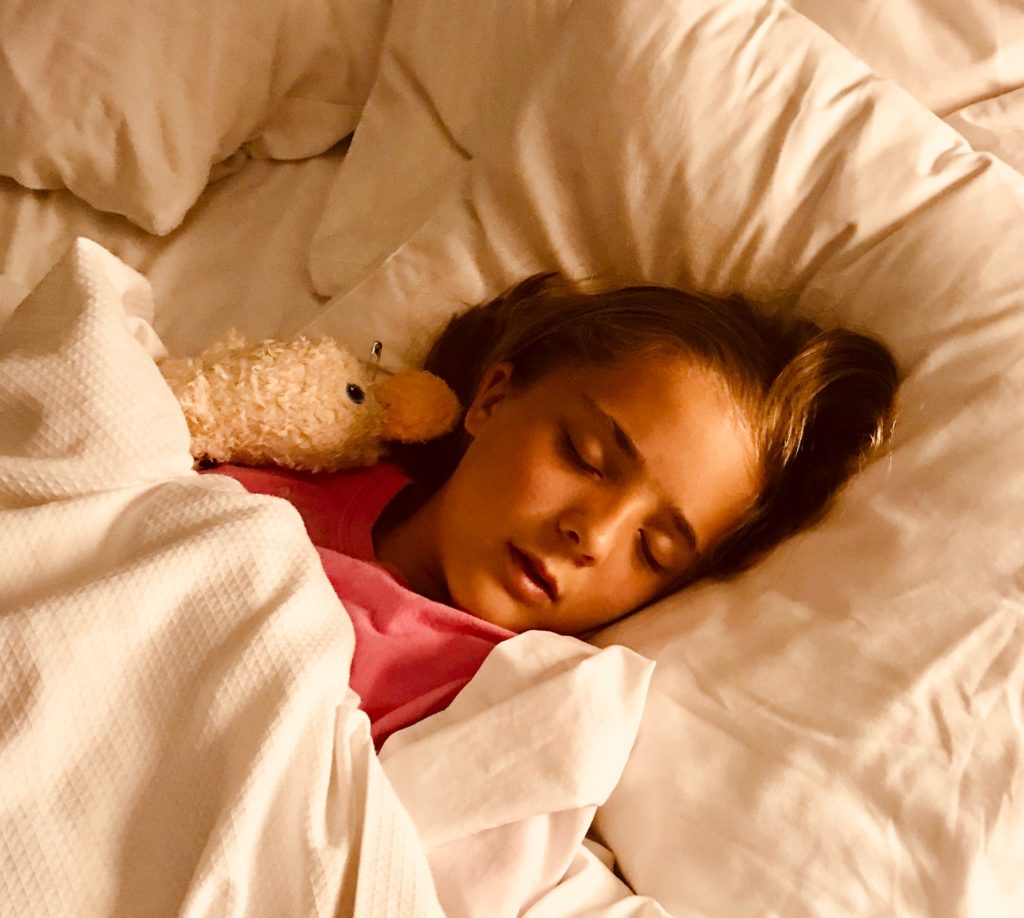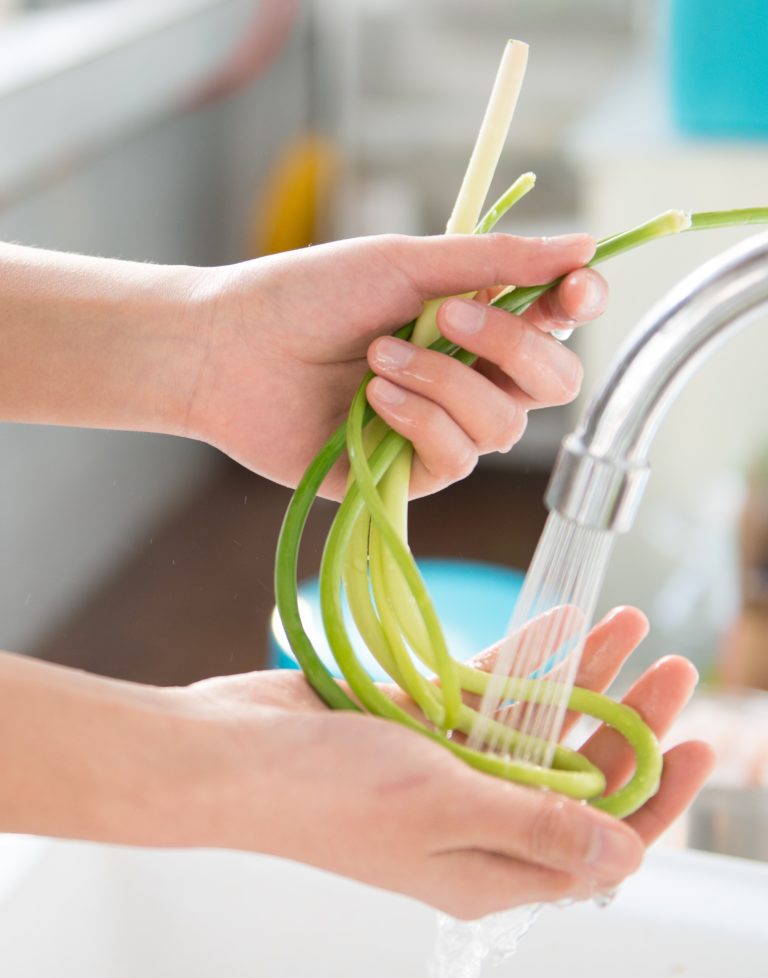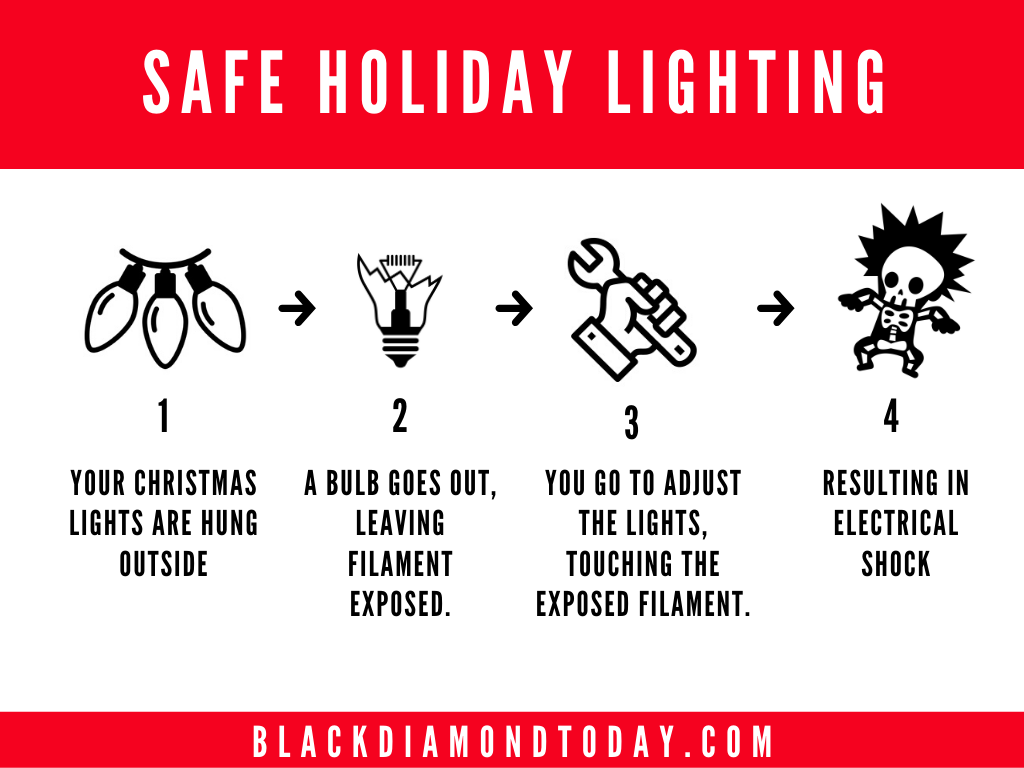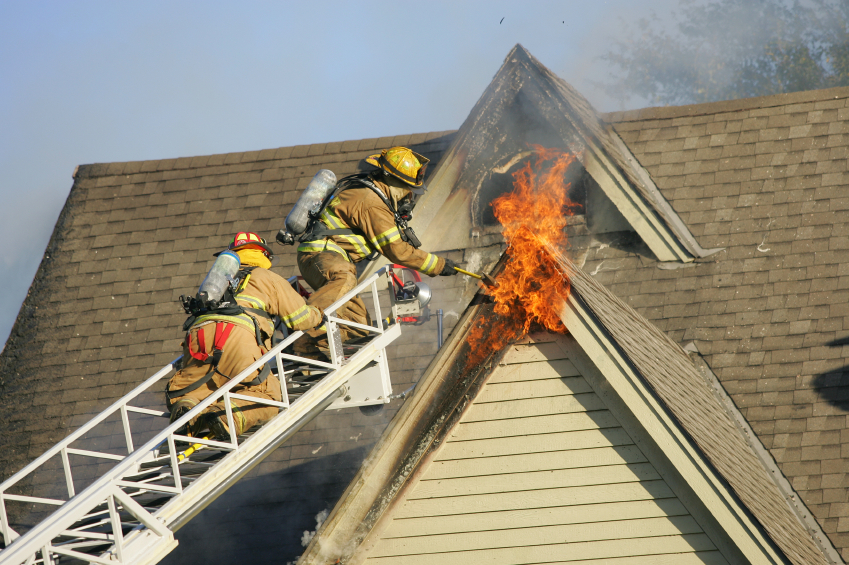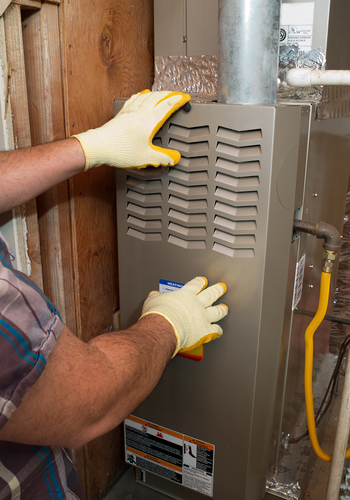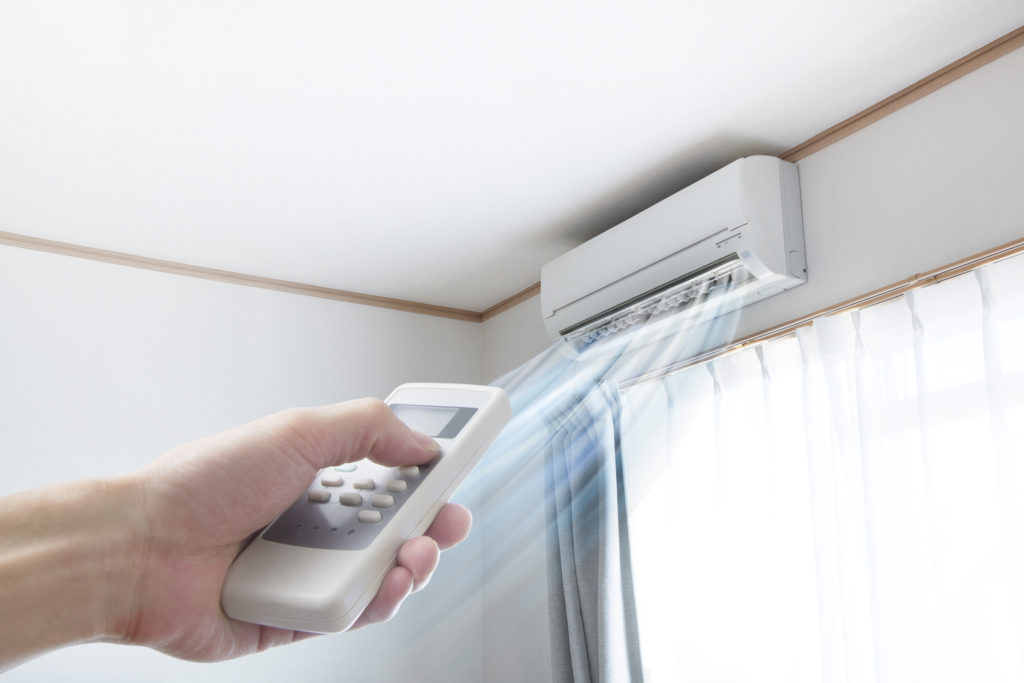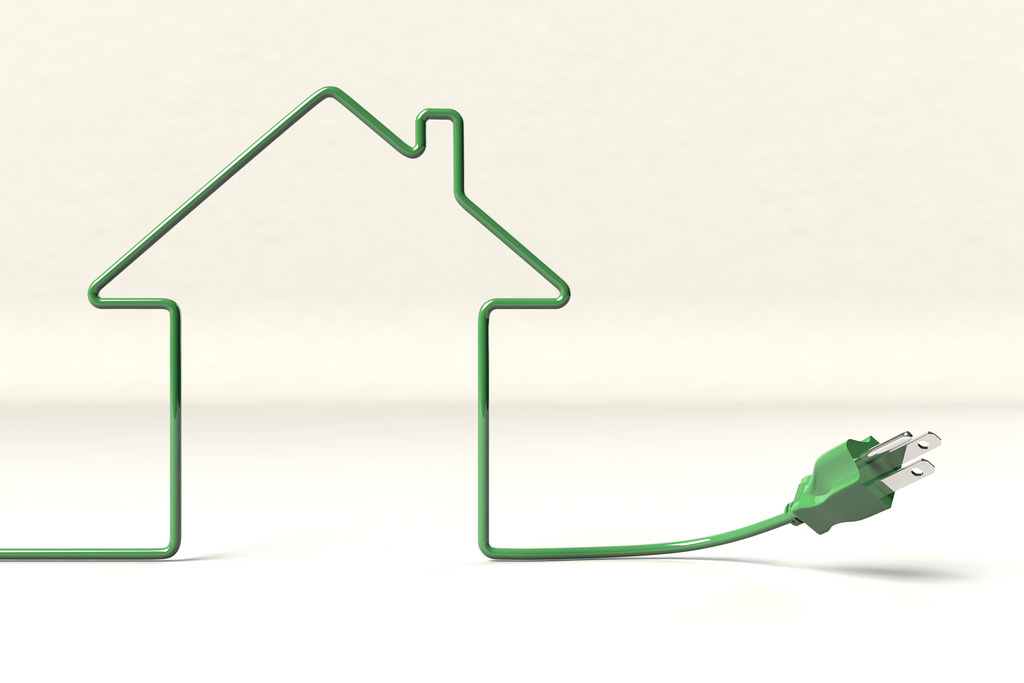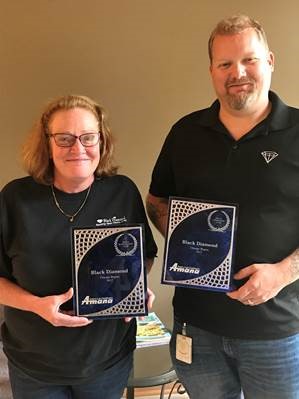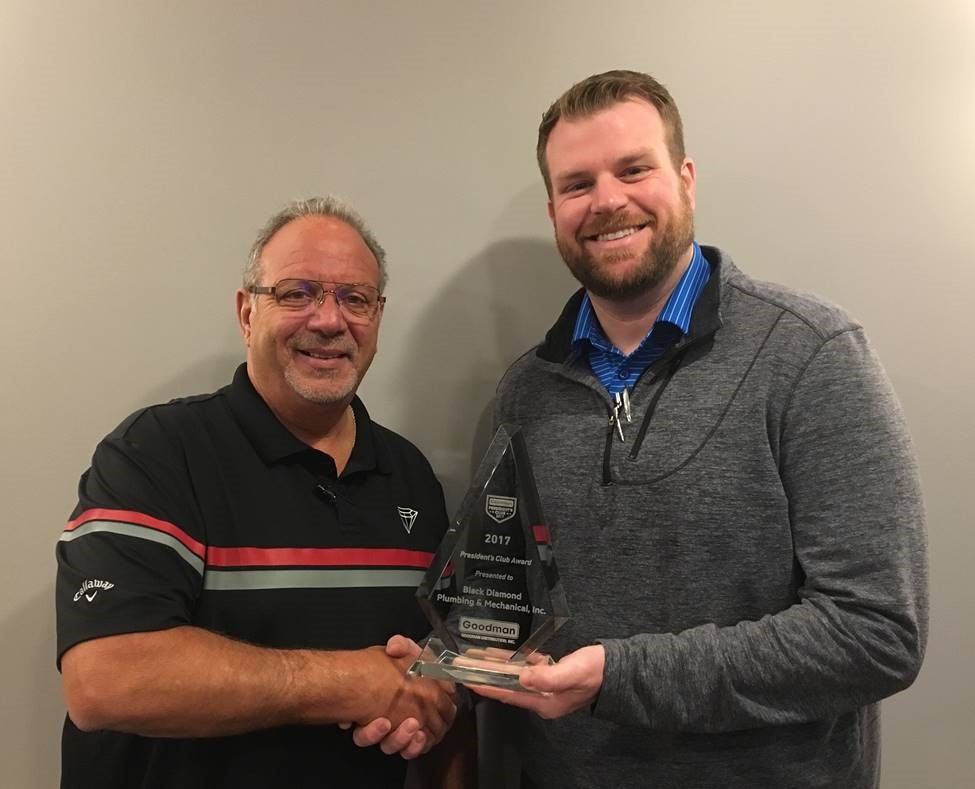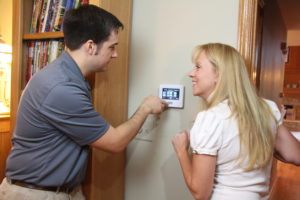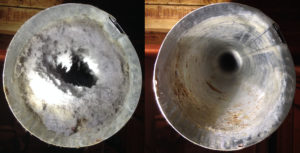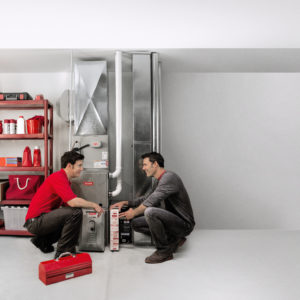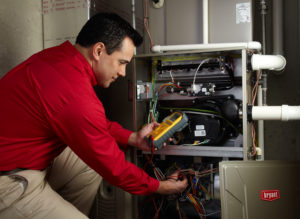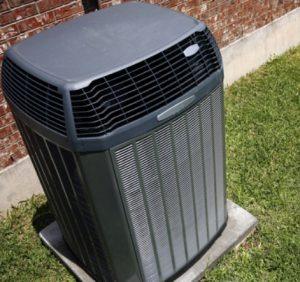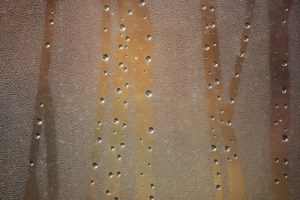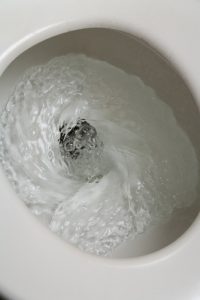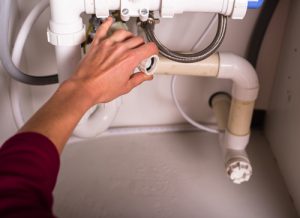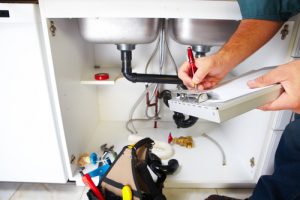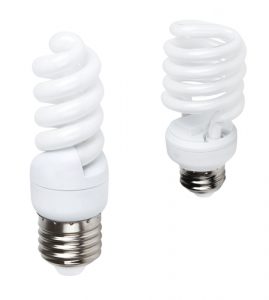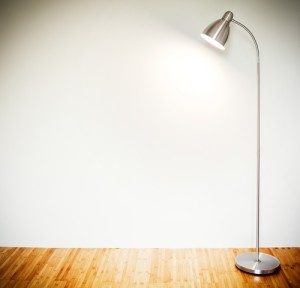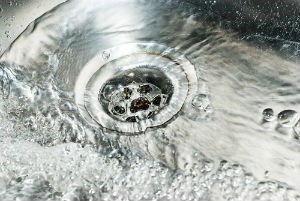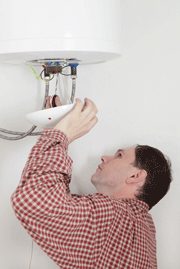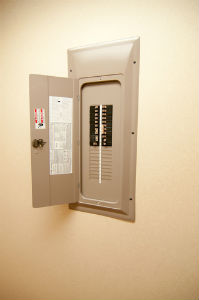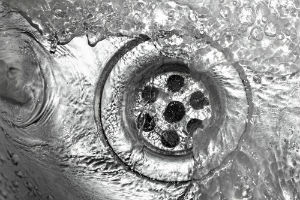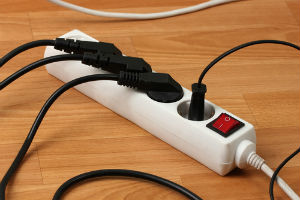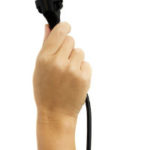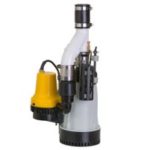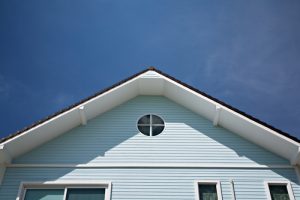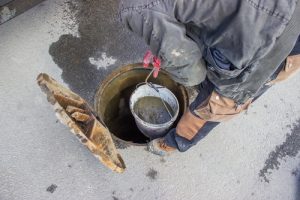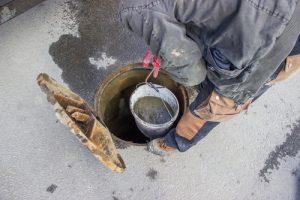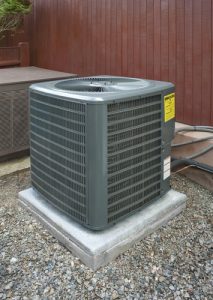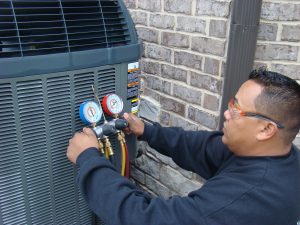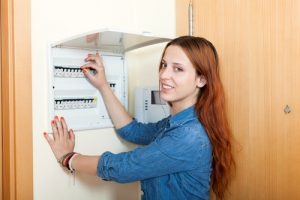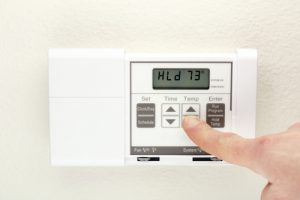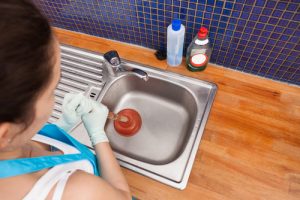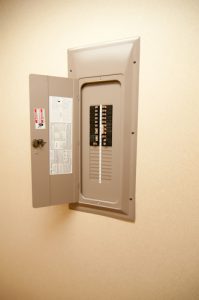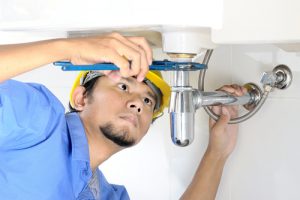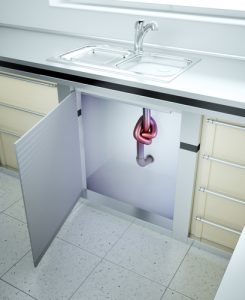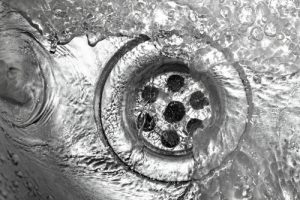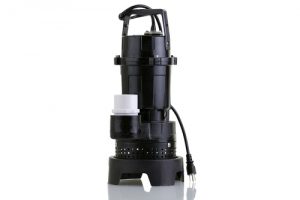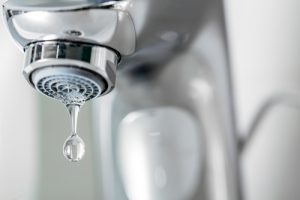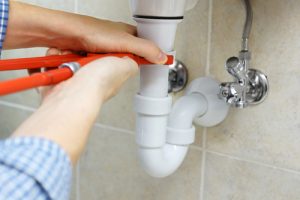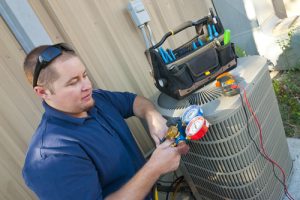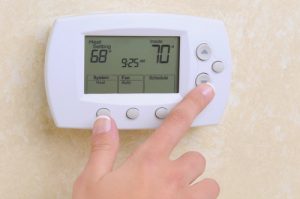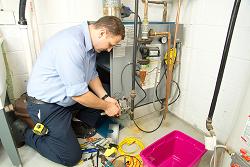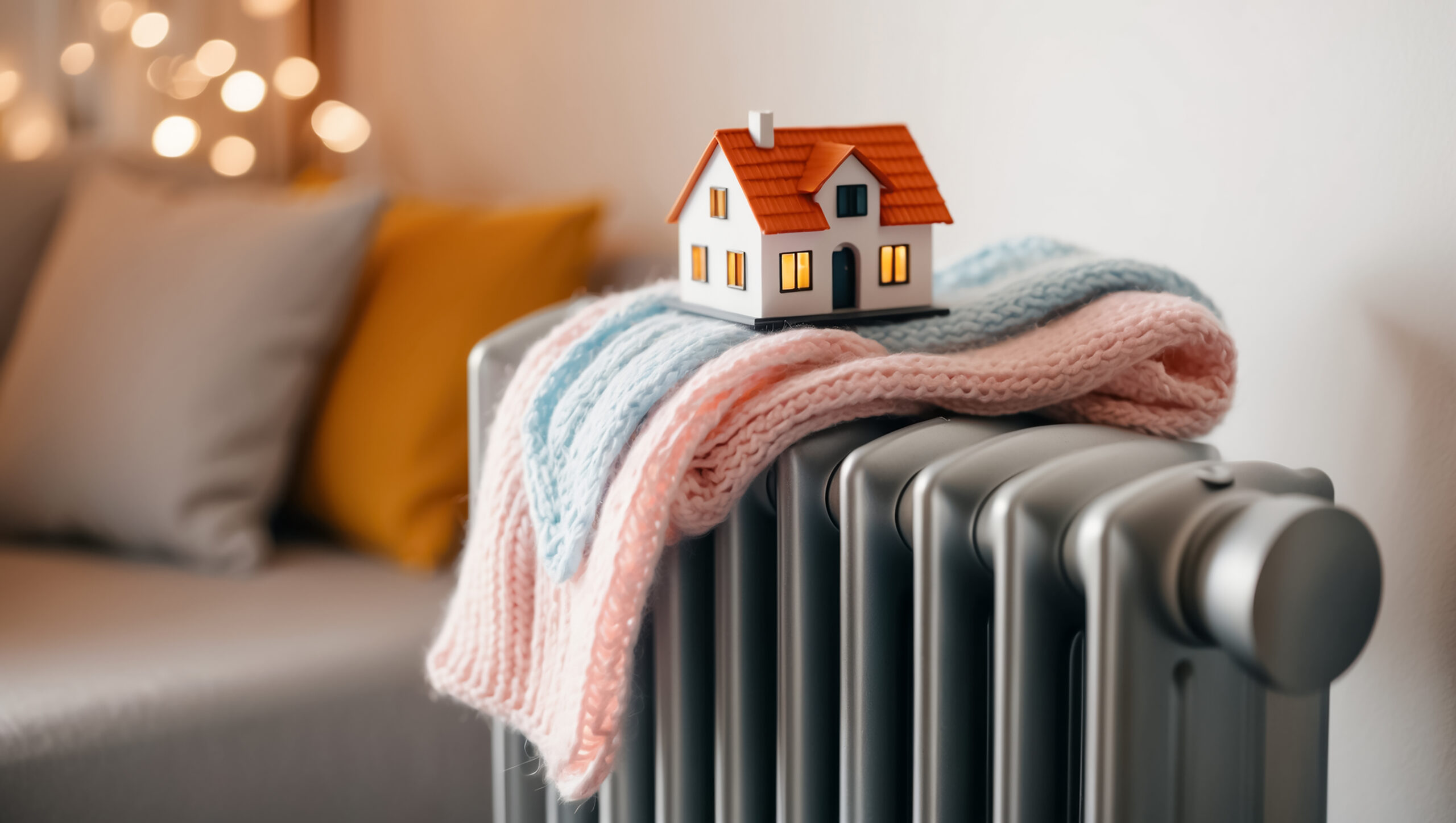WINTER PLUMBING MAINTENANCE – HOW TO HANDLE COLD WEATHER ISSUES
Plumbing maintenance issues change with the seasons. In the winter, things get particularly interesting, as two elements come together: water and sub-freezing temperatures. The cold season means your pipes – as well as any other household systems that consume water – are at risk. In addition, family habits change during the winter – especially in the Chicagoland area. As people spend more time inside, water consumption rises, putting an extra load on pipes, drains, and water heaters. This winter, protect your property and your family’s comfort by following these plumbing maintenance tips.
Frozen pipes are a plumbing maintenance issue every winter here in the Chicago area. It’s a very justified concern.
- Nationwide, some 250,000 Americans experience property damage every year from flooding caused by ruptured pipes.
- A mere 1/8-inch crack in a water supply line can be a plumbing disaster that inundates your home with 250 gallons of water per day.
Although water freezes under controlled conditions at 32 degrees, the water in your pipes won’t turn to ice the minute the temperature dips below freezing. According to the University of Illinois Building Research Council, the outdoor temperature threshold for frozen pipes is actually around 20 degrees. But in Chicago, we experience average lows of 20 degrees or below in December, January, and February – fully one-quarter of the year.
We all know a cold front can blow in and push nighttime temperatures below that threshold almost any time during the winter. So, it makes sense to be prepared all winter long to prevent frozen pipes, as well as staying armed with the knowledge of what steps to take if it happens.
Two plumbing maintenance measures can help to stave off freezing pipes and resultant pipe ruptures:
- Stopping heat loss from water inside the pipes
- Allowing for expansion inside a pipe in the event ice crystals do form
Even on very cold nights, the municipal water entering your household supply lines is cold enough to freeze. That’s because municipal water lines and the main supply line to your house are generally buried below the frost line, where latent heat energy in the ground keeps water in the pipes above freezing. When the supply pipe comes to the surface and enters your home, however, heat in the water dissipates into the colder air, and freezing may occur.
Here are some ways to reduce heat loss from pipes:
- Just as it helps prevent heat loss from your home, insulation can keep your pipes from losing those last few degrees of heat energy. Exposed pipes – both cold water and hot water – in areas like a crawl space, basement, or attic can be covered with foam pipe insulation sleeves or wrapped with pipe insulation tape. Electrical heat tape can be applied to short spans of pipe in areas that may be particularly prone to freezing.
- Warm air circulating throughout the home during very cold weather also benefits plumbing below floors and inside walls that may be susceptible to freezing. Maintain interior temperatures of at least 55 degrees, and open cabinets under sinks and close to exterior walls to transmit household heat to the pipes.
- Vents that admit outdoor air to the crawl space should be shut. This allows heat in the living space to get into the crawl space and provide some protection against freezing in any pipes routed through that zone. Also, keep the exterior garage door closed if any plumbing is installed there.
- It’s long been known that opening faucets in the house just enough to emit a trickle of water and leaving them running during any period when temperatures drop below the pipe-freezing threshold is an effective way to prevent damage to pipes. But it’s not the small movement of water through the pipes that prevents freezing – after all, even rapidly moving water freezes in streams and waterfalls. The fact is, frozen pipes don’t rupture because of the force of ice expanding outward. Instead, ice forming in the pipe expands laterally and pressurizes water trapped in the pipe between the site of the ice formation and a closed faucet or other outlet. This over-pressurized water is the force that actually ruptures the pipe. Opening faucets slightly throughout the house and allowing them to dribble provides pressure relief and fends off pipe damage.
Have questions about any of these tips? Contact the plumbing experts at Black Diamond today!
Outdoor Protection
Some homes have quite a bit of ancillary household plumbing that’s outside, and this is even more vulnerable to freezing. In some cases, freezing in exterior plumbing can affect indoor pipes. Here are some examples.
- Garden hoses left outdoors may still be filled with water from the most recent use. Garden hoses with nozzles or other terminators at one end and connected to open faucets are particularly hazardous to your plumbing, as water pressure created by ice formation in the hose may back into the home’s water supply and damage pipes. Disconnect garden hoses, and drain them during freezing weather.
- If your outdoor faucets have indoor shut-off valves in the basement, crawl space, or elsewhere, turn off the water to the faucet during freezing conditions, and open the outdoor faucet to drain residual water out of the line.
- Check the owner’s manual for your home sprinkler system, and follow the procedures to winter-proof the sprinkler pipes and protect them from freeze damage.
- If you have a sump pump in your basement to prevent flooding, keep an eye on the sump pump outlet pipe, usually somewhere behind the house. Make sure the outlet is not blocked by fallen snow or an iced-over puddle. If the pump should activate when the outlet is blocked, water flow may reverse into the basement.
- Other outdoor water lines that may freeze include pipes leading to a swimming pool, fountain, or garden pond. The general plumbing maintenance rule is to shut off water to these uses at the source, then drain the lines.
If Worst Comes to Worst
If your pipes freeze despite proper plumbing maintenance measures, you need immediate professional help. Don’t wait for the pipes to thaw so you can verify damage. Pipe ruptures may occur someplace distant from the actual site of ice formation and may be concealed within inaccessible spaces. Water damage can be extensive before you are able to locate and evaluate the problem. During freeze conditions, be alert to any unexplained decline in water pressure or a complete cessation of water at any faucet or other outlet. These are red flags that should not be ignored. Turn off household water at the main supply valve, and contact a reputable plumbing professional immediately.
Household Occupancy
Winter’s an indoor season for many. This means the demand on your plumbing system rises. Also, the number of guests and festivities in your home rises with the holiday season, and this also increases demand on your plumbing system. A few maintenance guidelines can help to keep your supply lines and drains running freely.
- Grease and oil from cooking are major components of pipe sludge that causes clogs. When drain pipes are cold in the winter, the sludge tends to congeal in pipes. Try to collect grease and oil in containers rather than pouring them down the sink.
- Cold weather puts a stain on hot water heaters. Because water lines are chilled, the water supply entering the water heater is much colder and requires more energy and longer recovery time. Space out shower and bathroom times to allow the heater to bring the full tank of water up to the thermostat setting before placing more demand on the system. If the water temperature lags because of cold plumbing, try bumping up the water heater thermostat a few degrees. Don’t exceed 125 degrees, though, as this may create a scalding hazard.
- Run the dishwasher overnight or at some other low-demand time to minimize stress on the water heater.
If you need to schedule winter plumbing maintenance, contact Black Diamond Plumbing & Mechanical.
Recent Posts
Request Service
Please fill out the form and we will get in touch with you shortly. We look forward to serving you!
Request Service
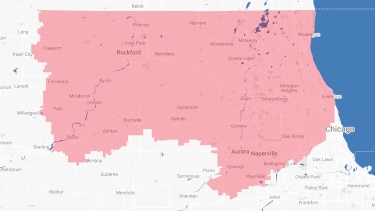
Proudly Serving
The Chicagoland AreaAddison | Algonquin | Antioch | Arlington Heights | Aurora | Barrington | Bartlett | Batavia | Beloit | Belvidere | Bensenville | Bloomingdale | Bolingbrook | Buffalo Grove | Byron | Caledonia | Capron | Carol Stream | And Much More!
VIew ALL

